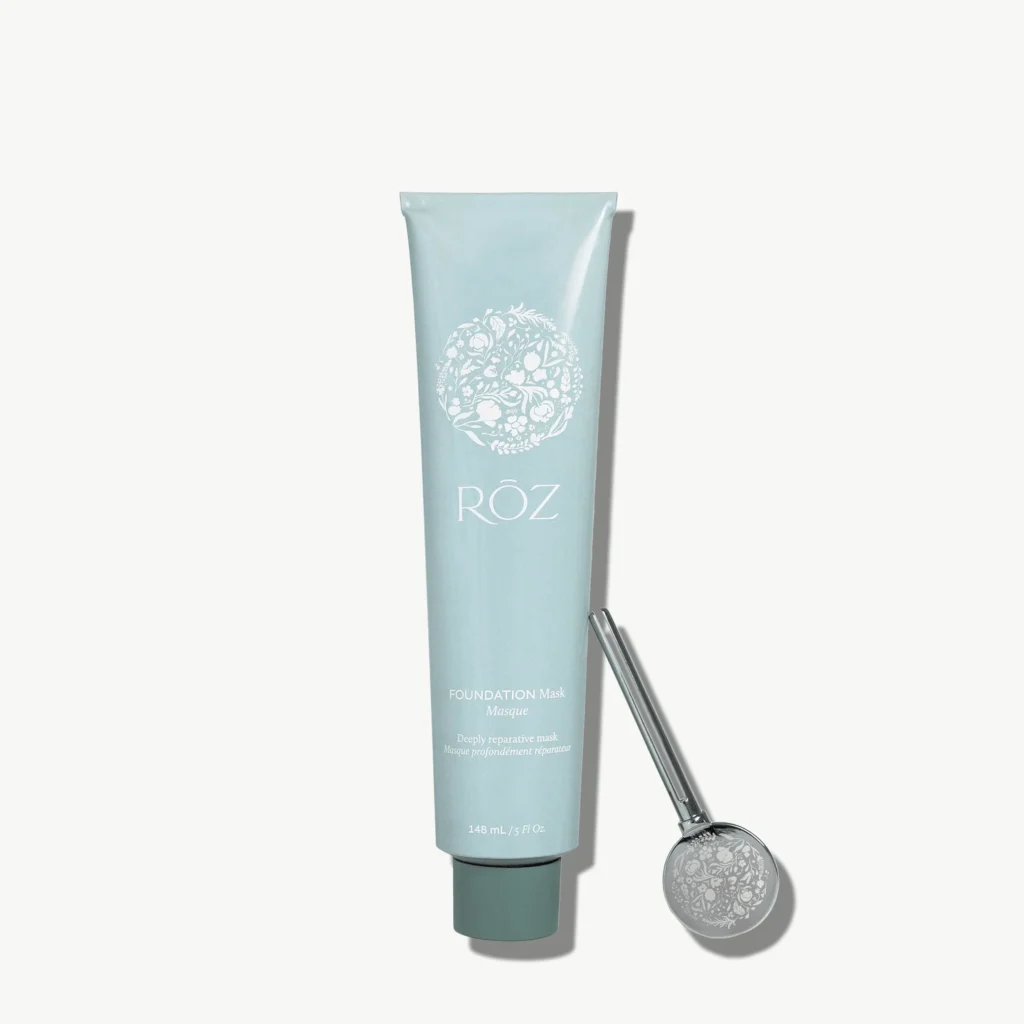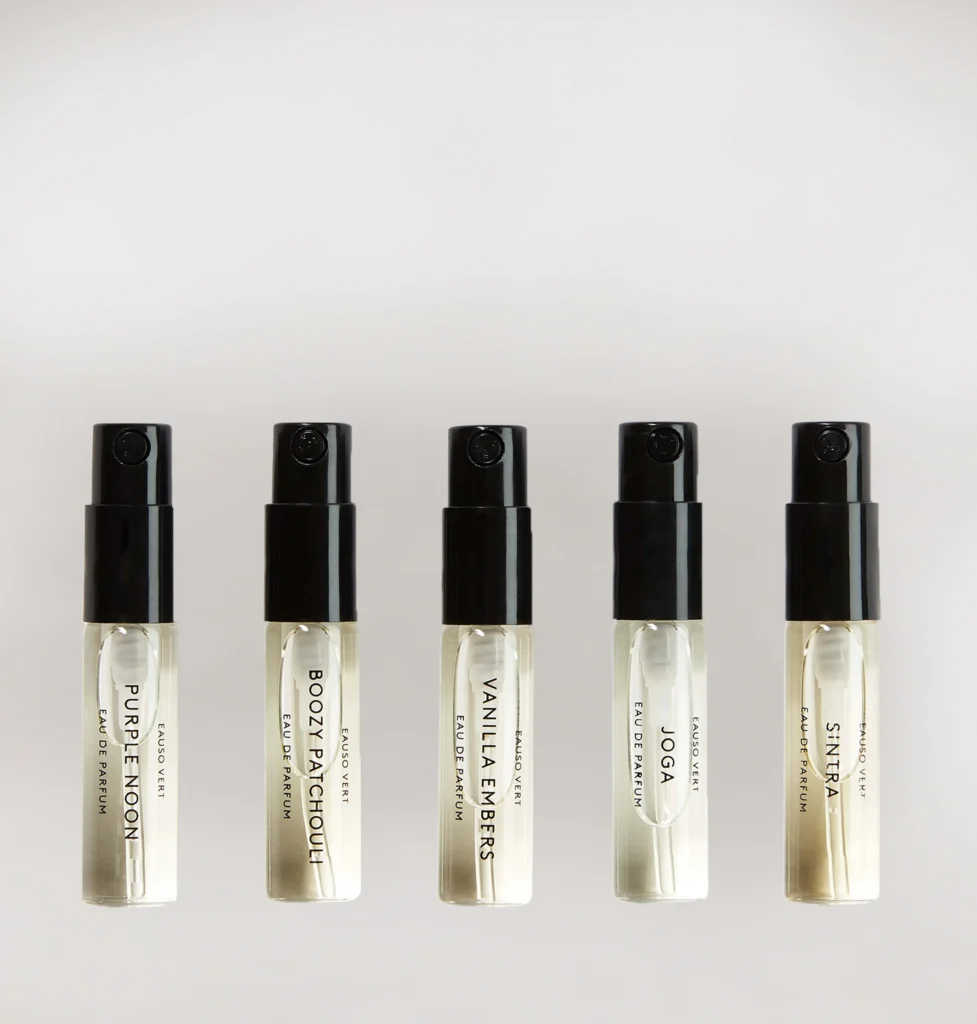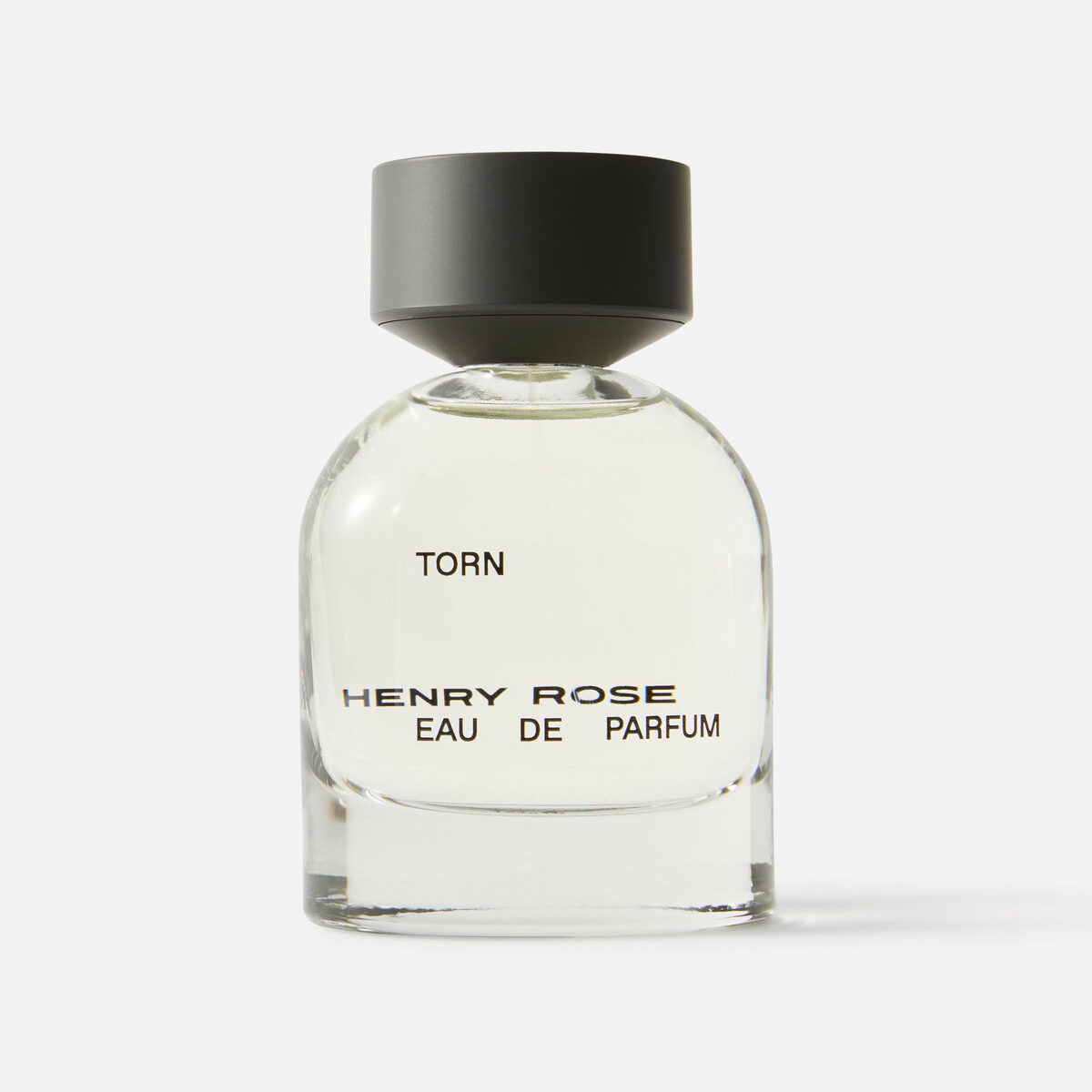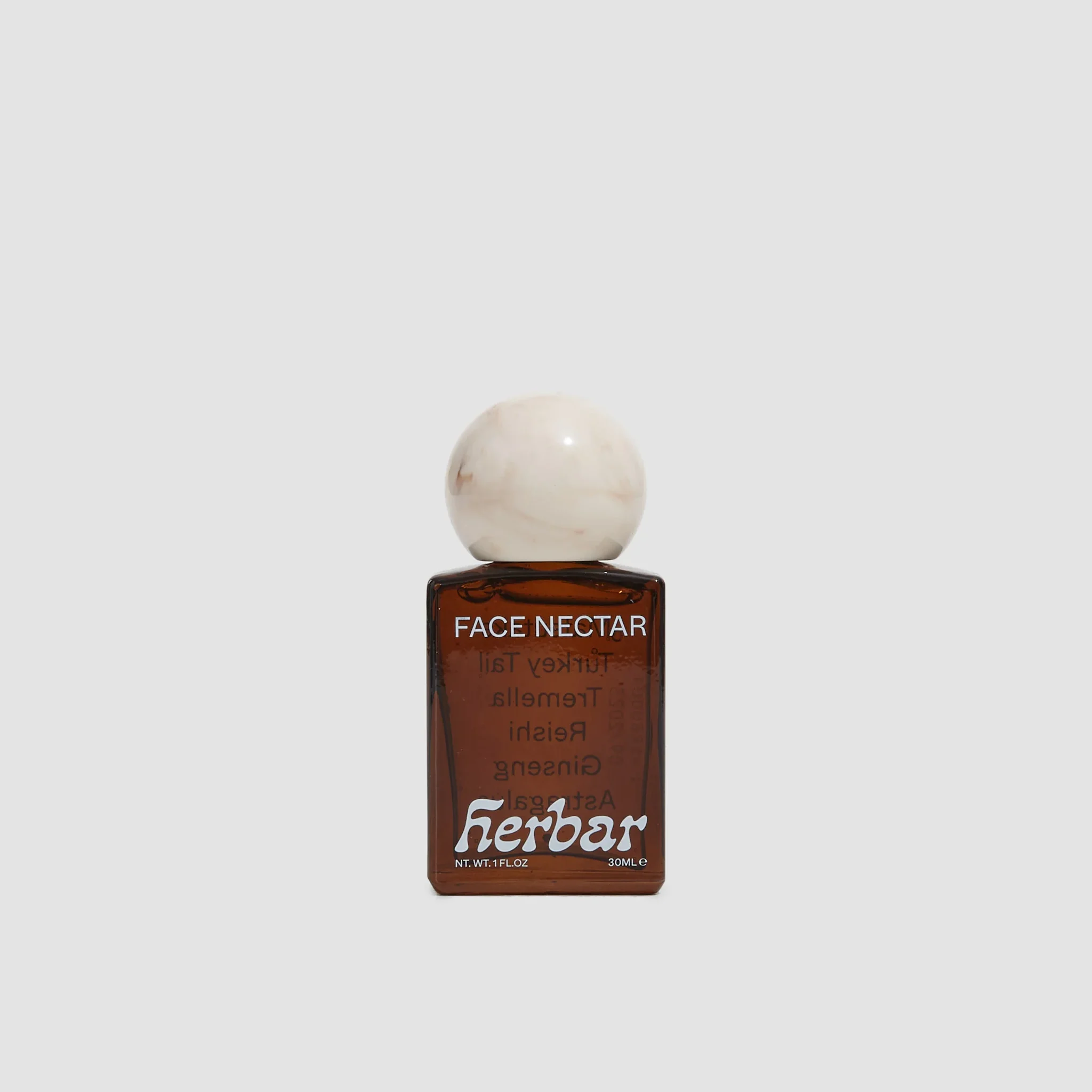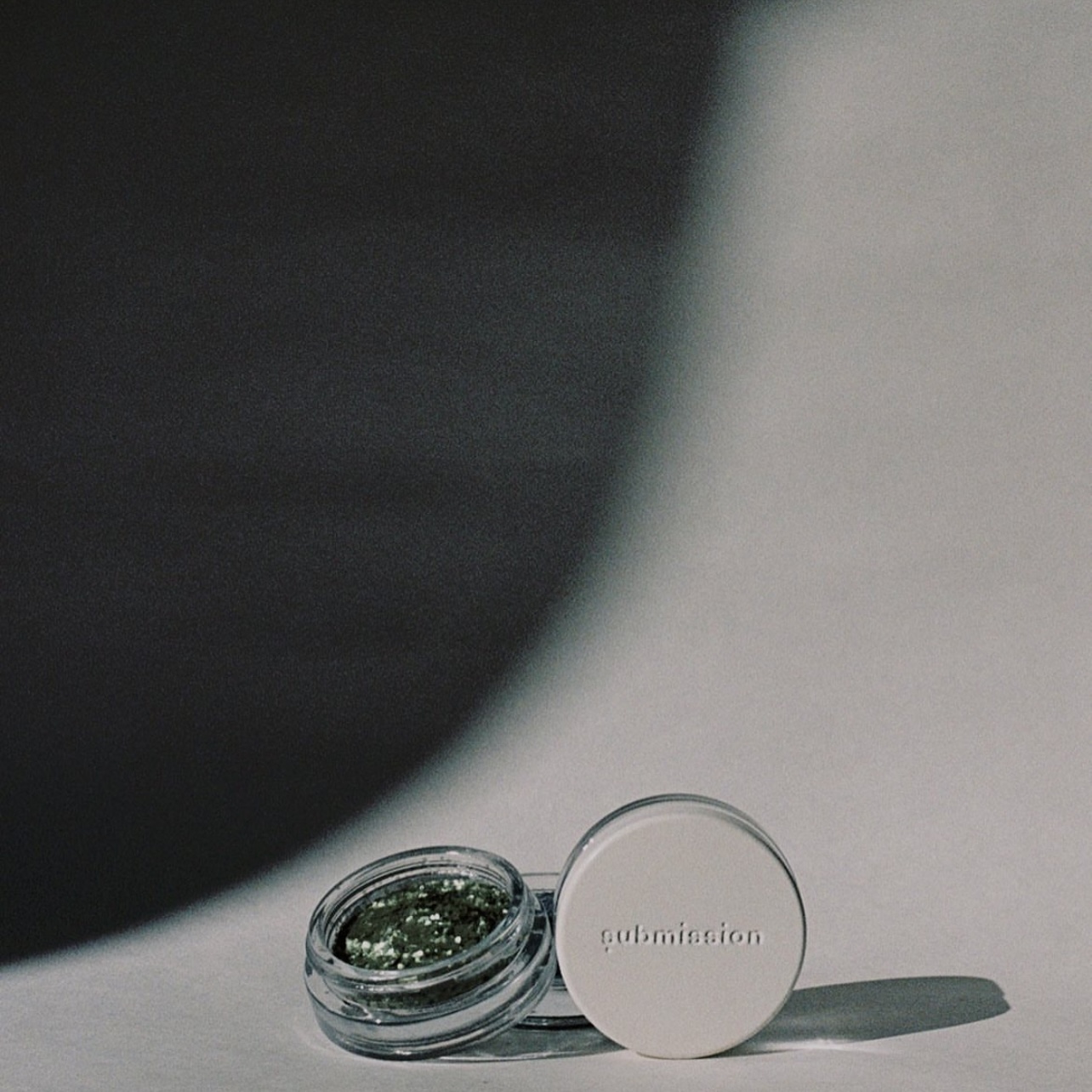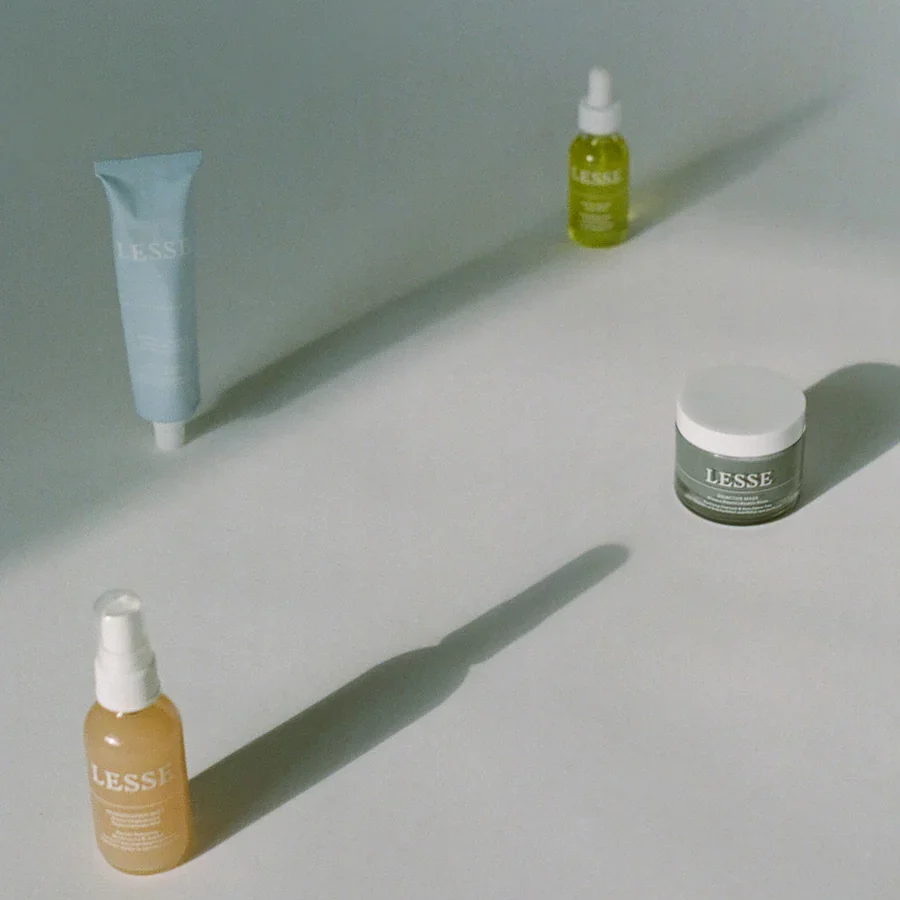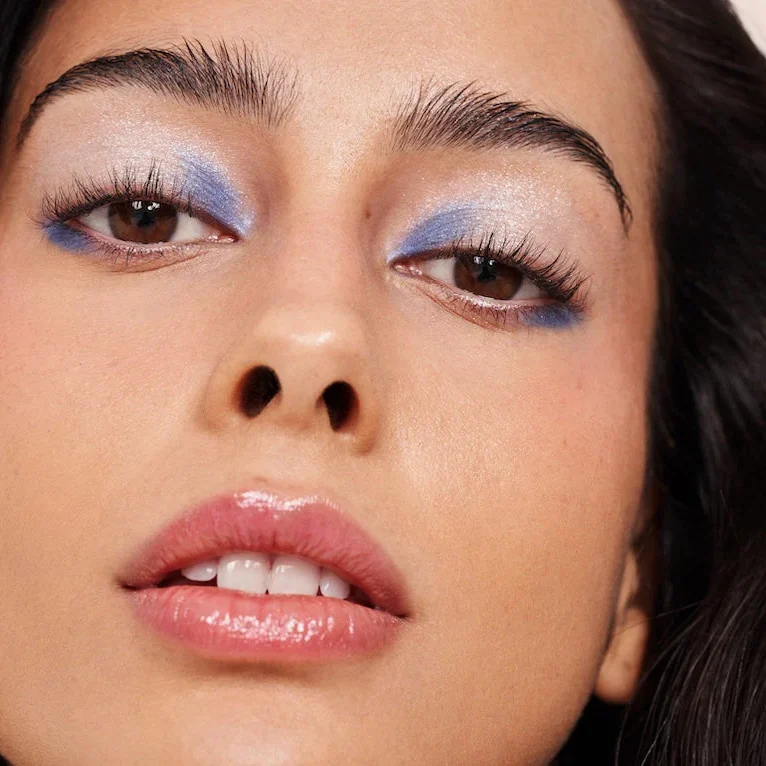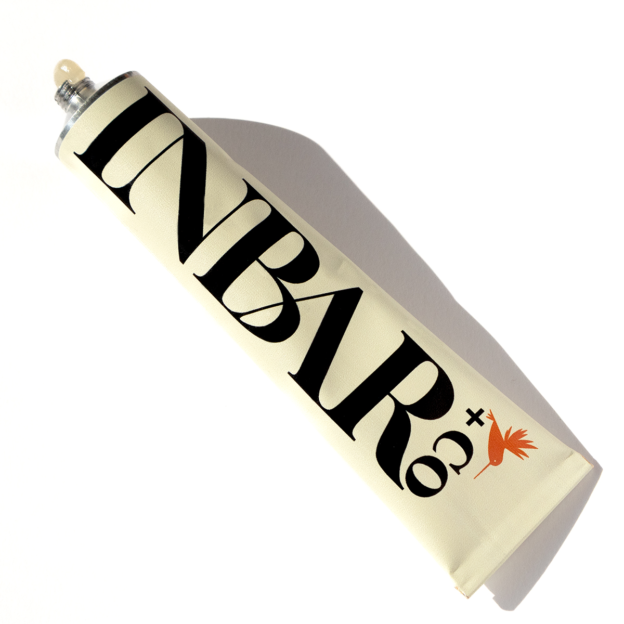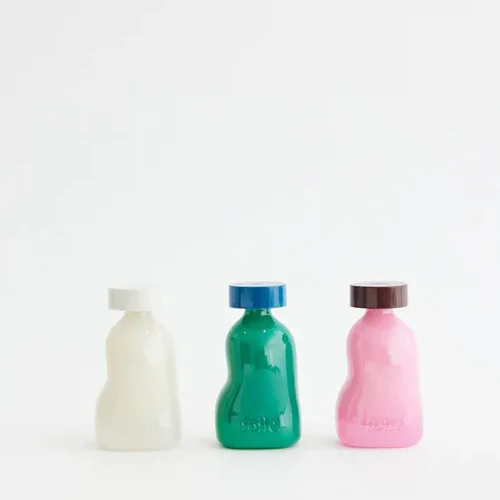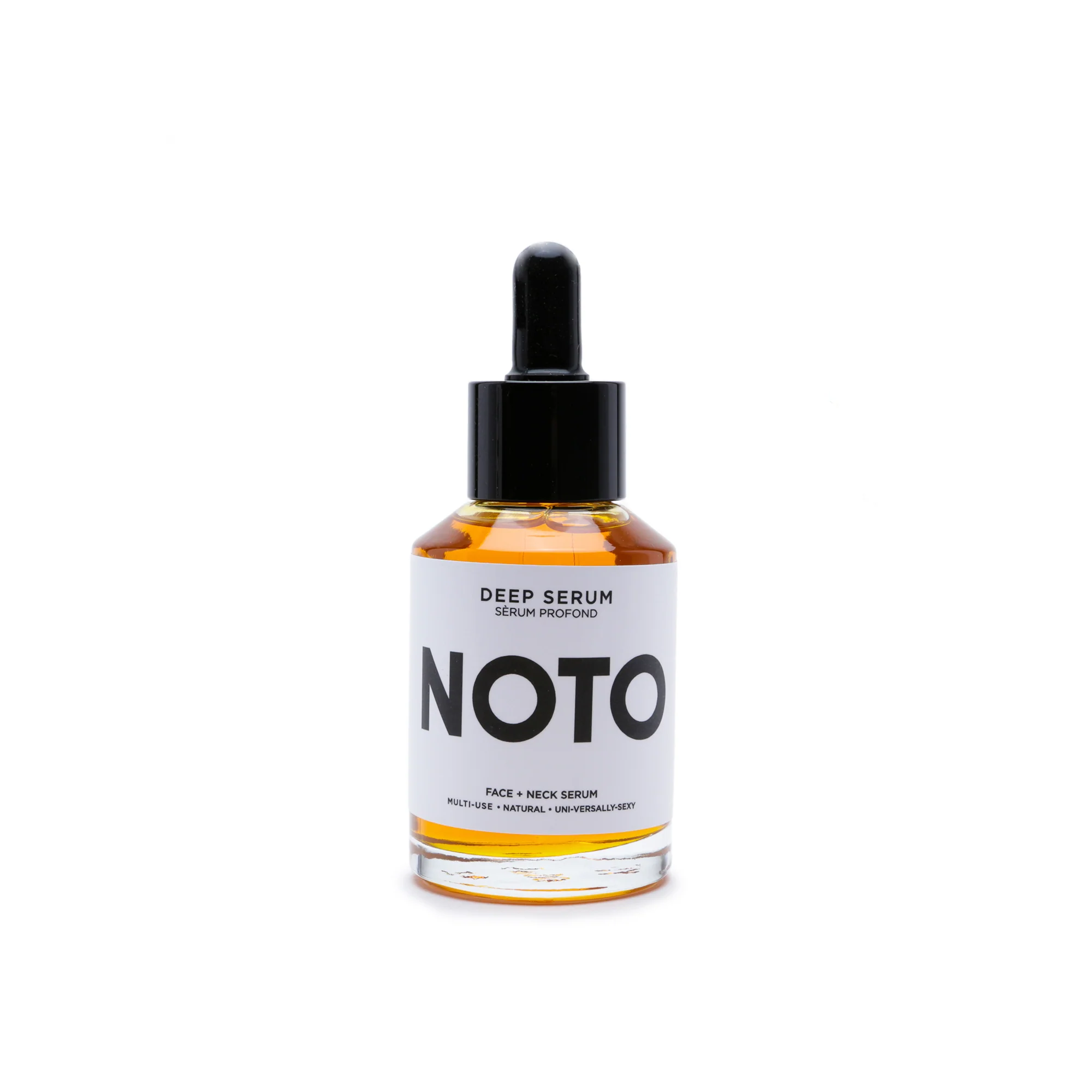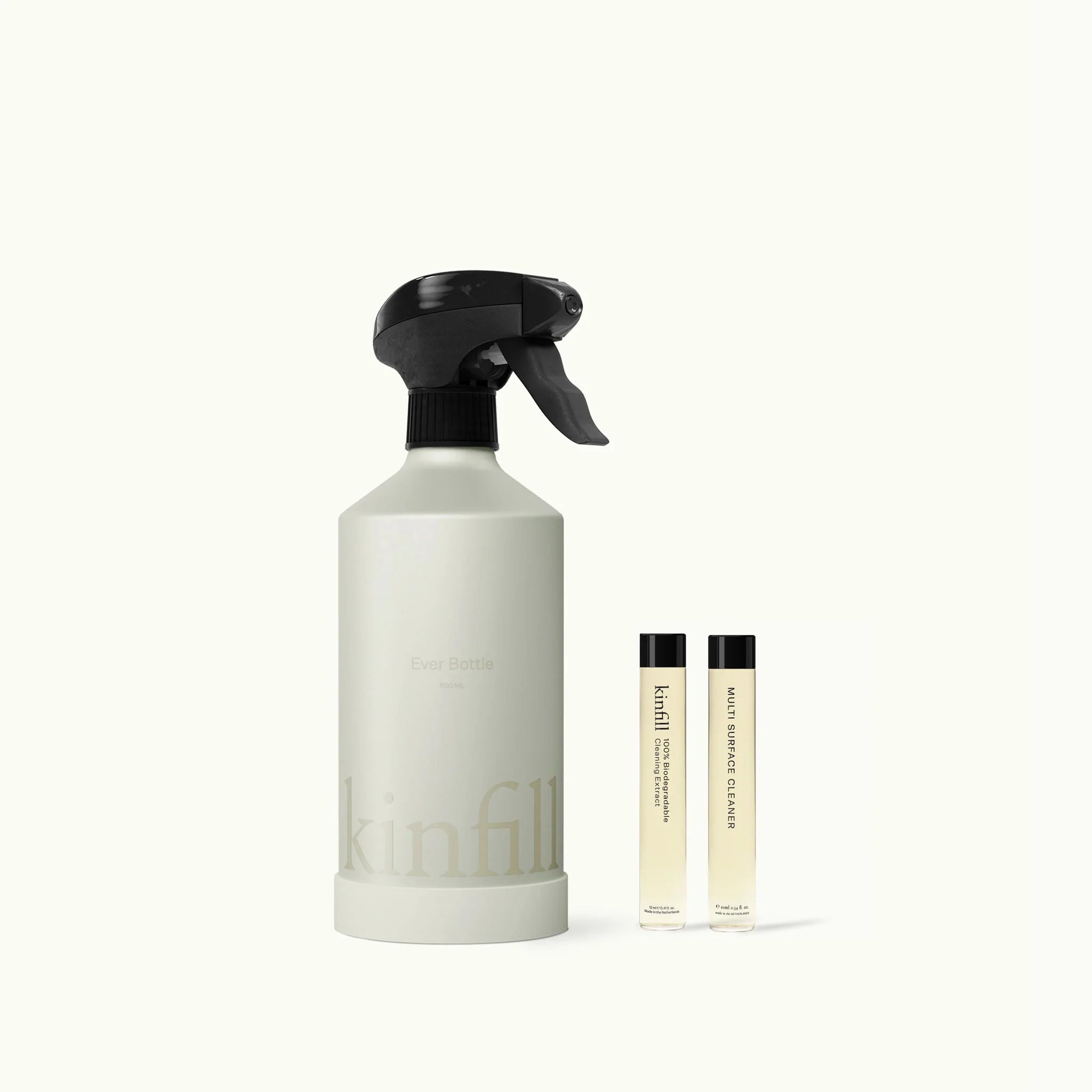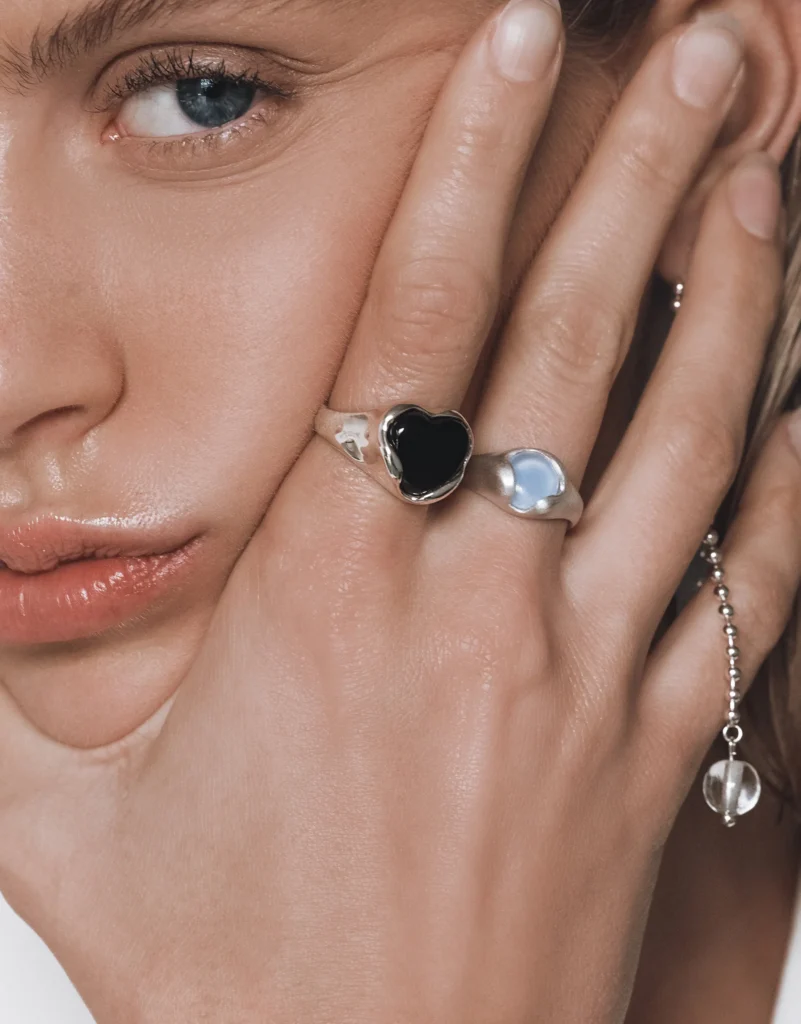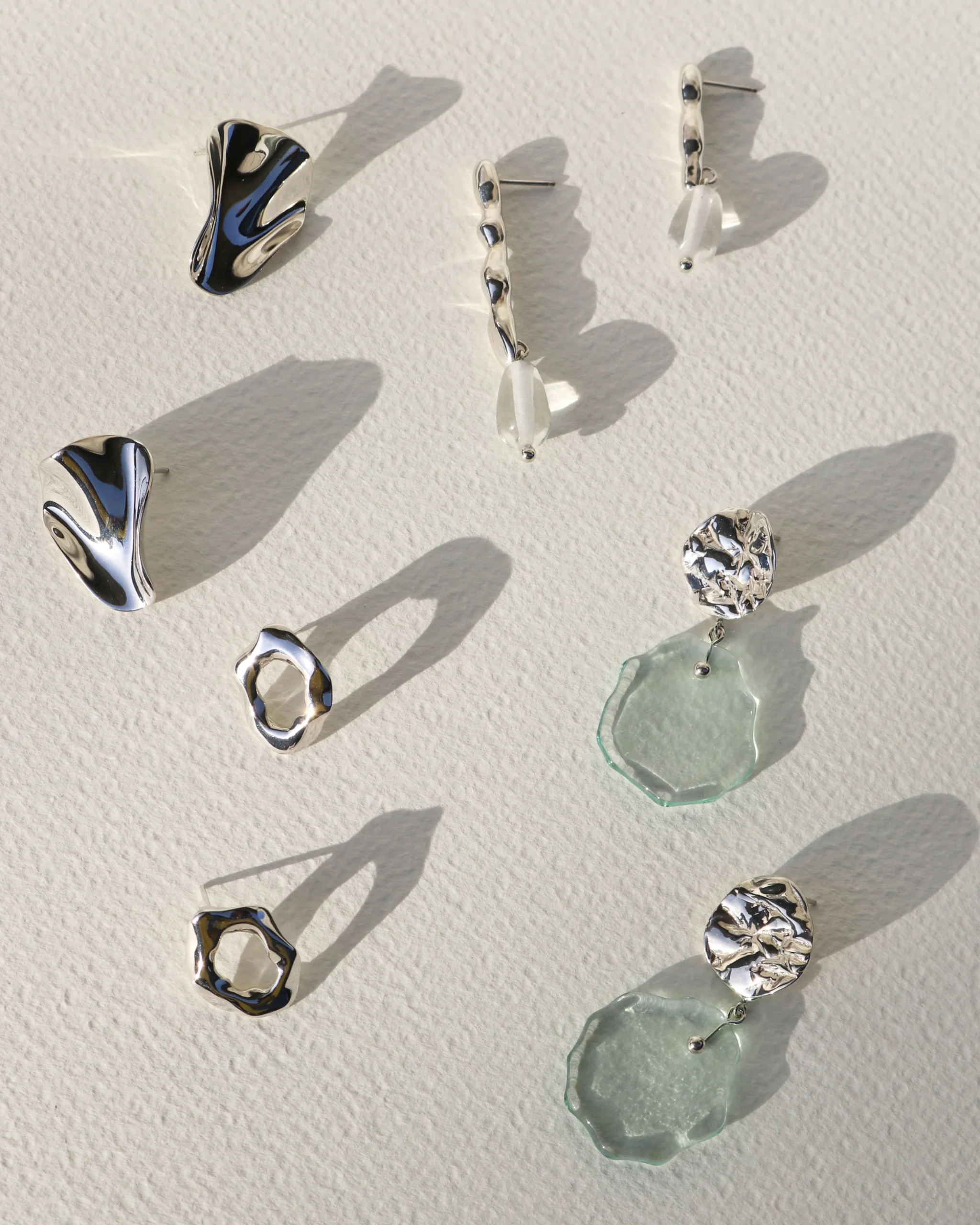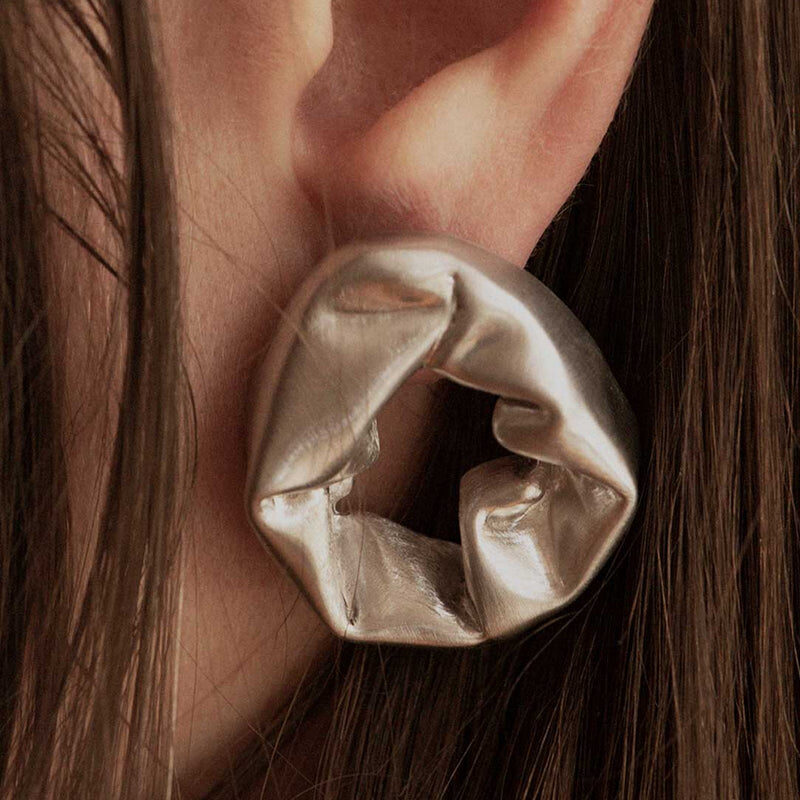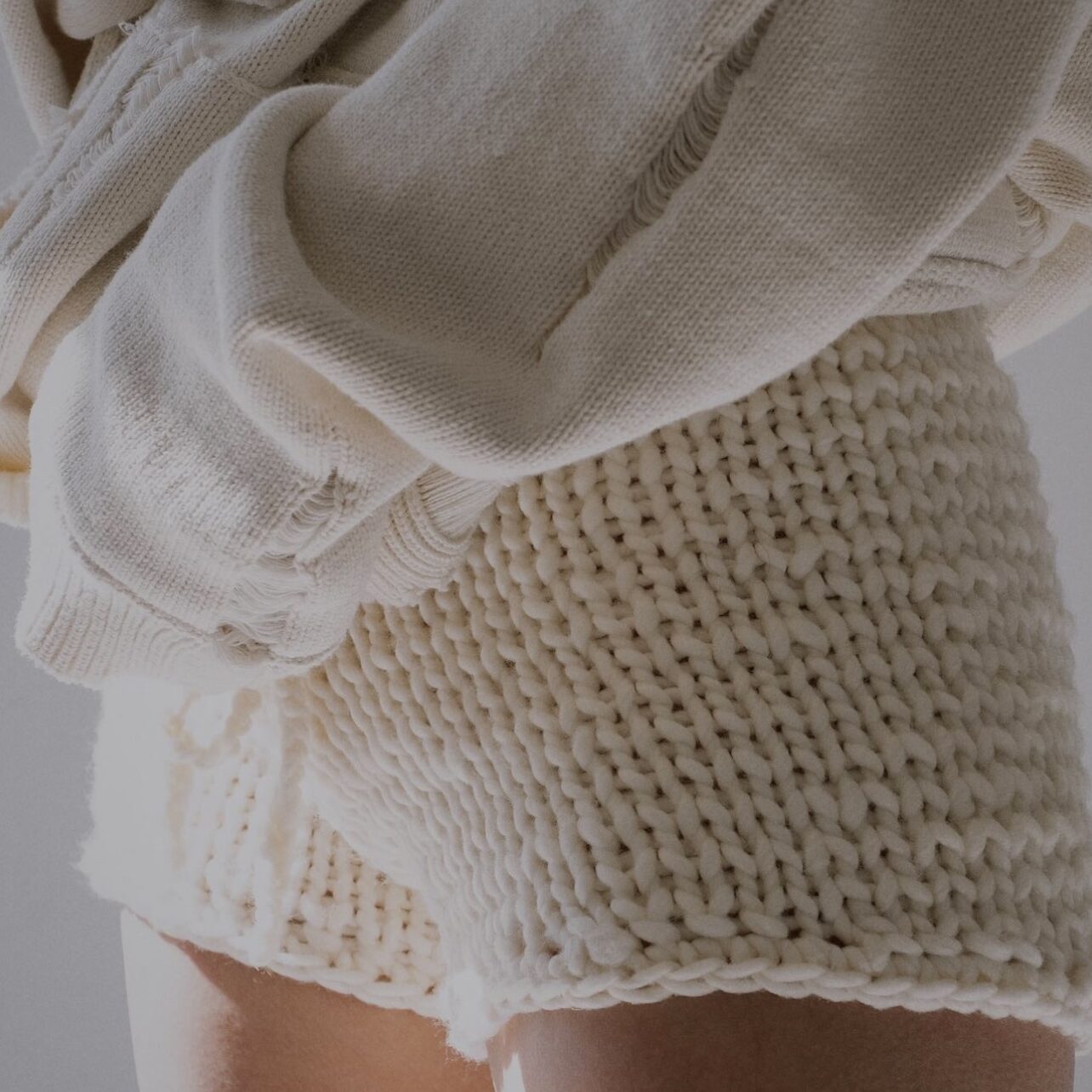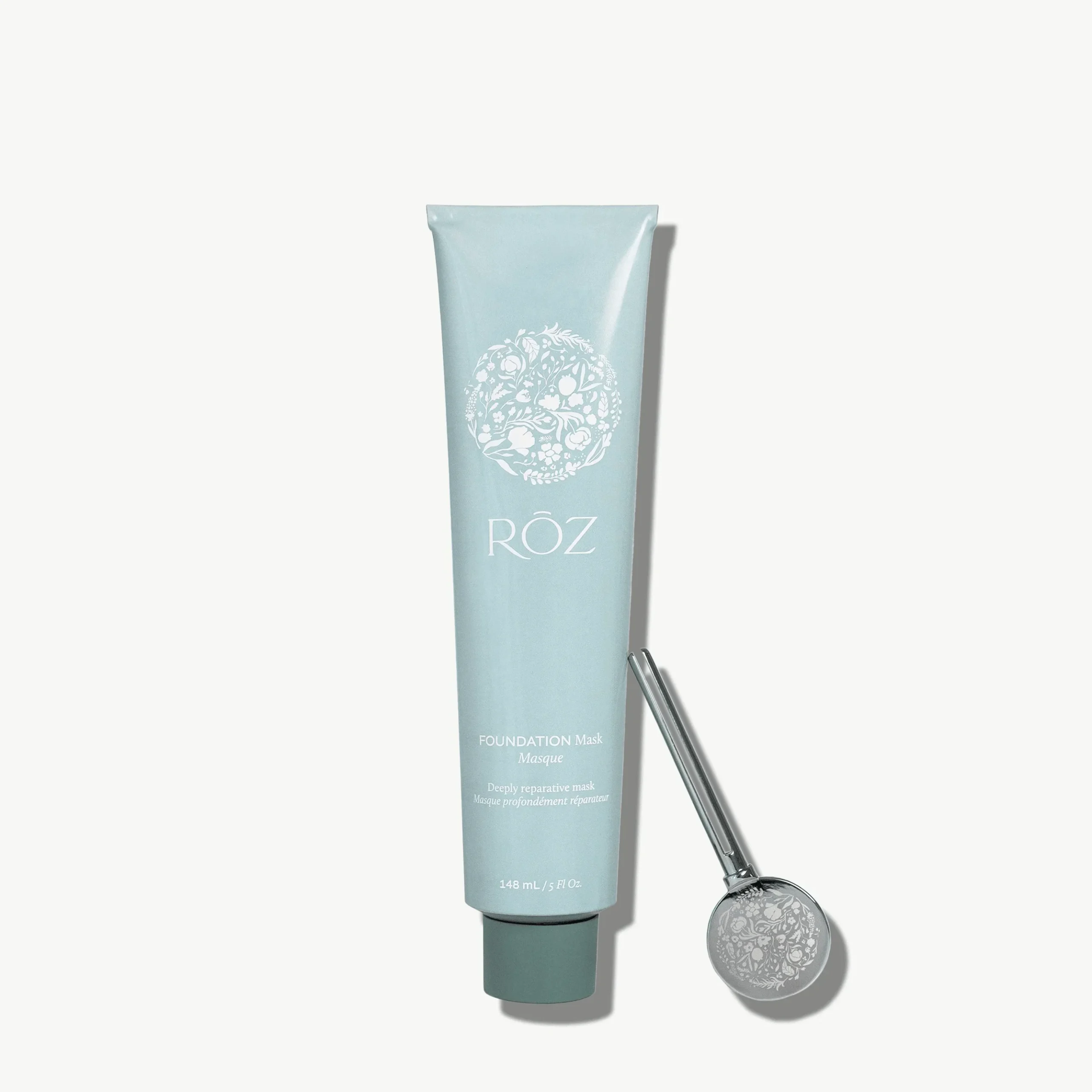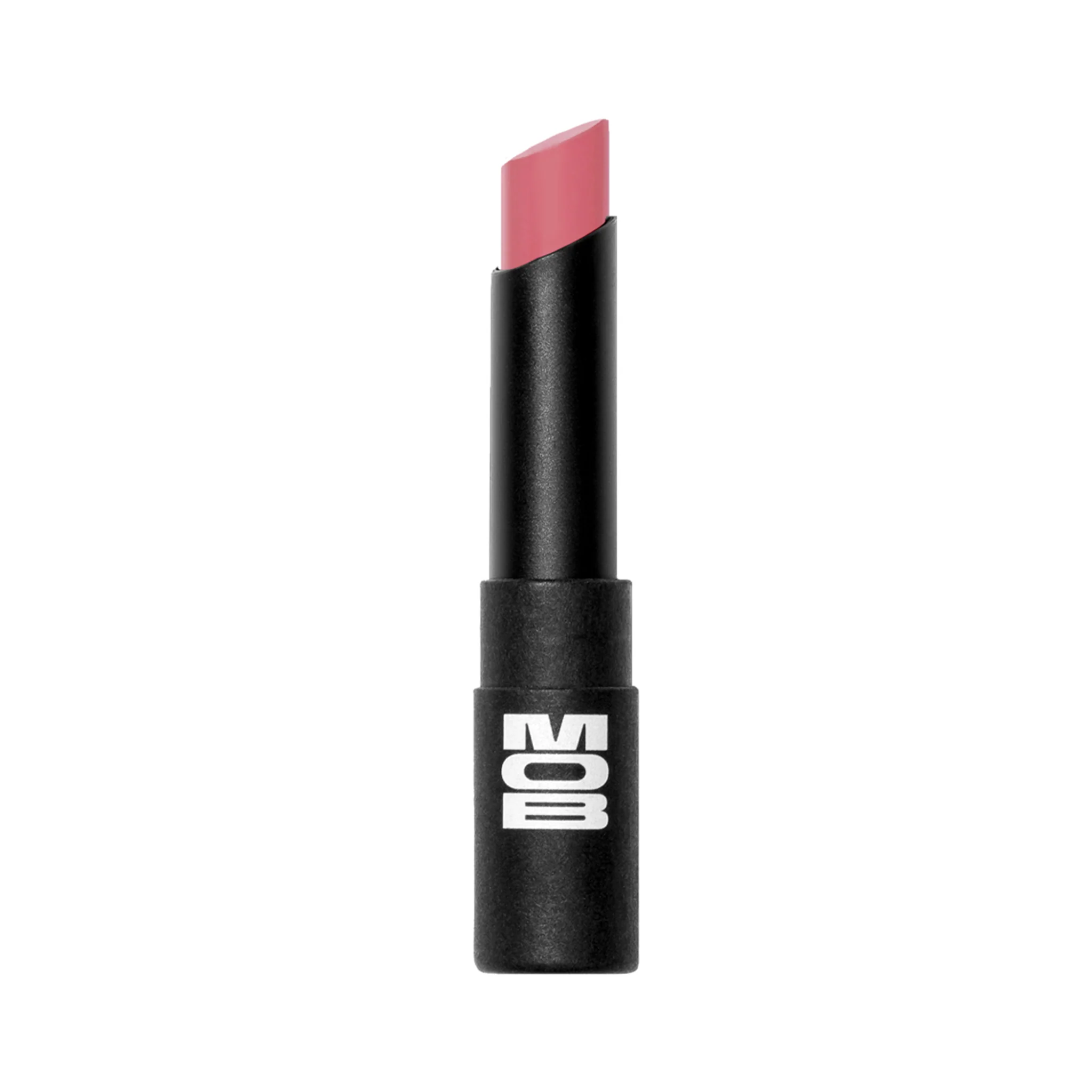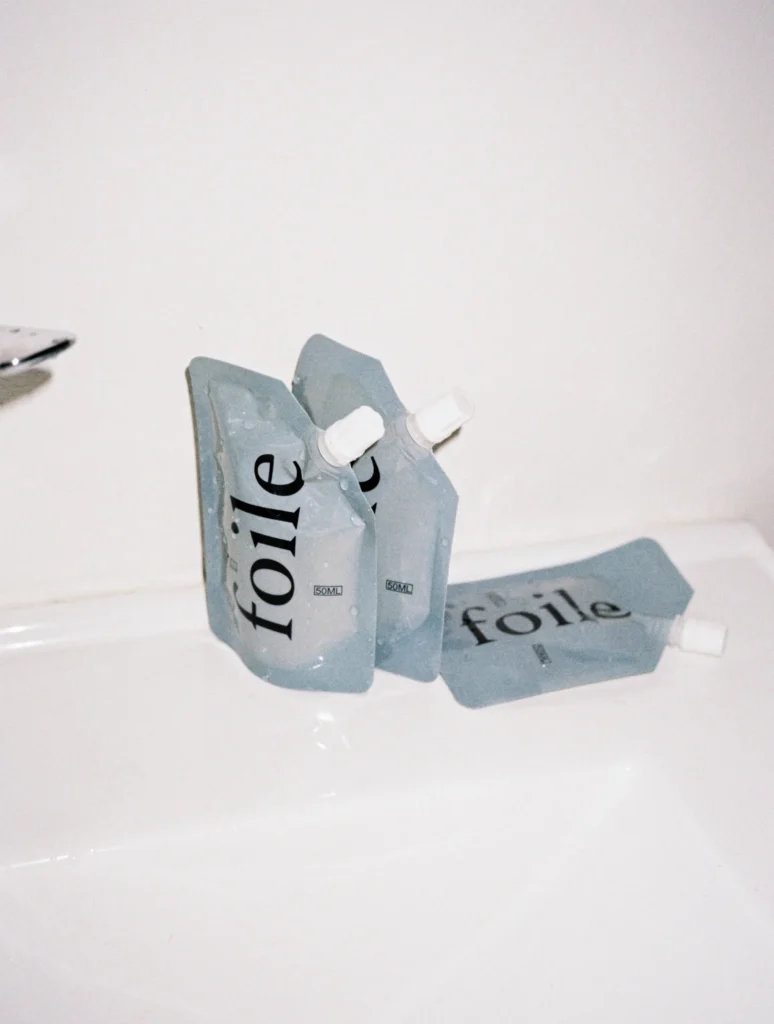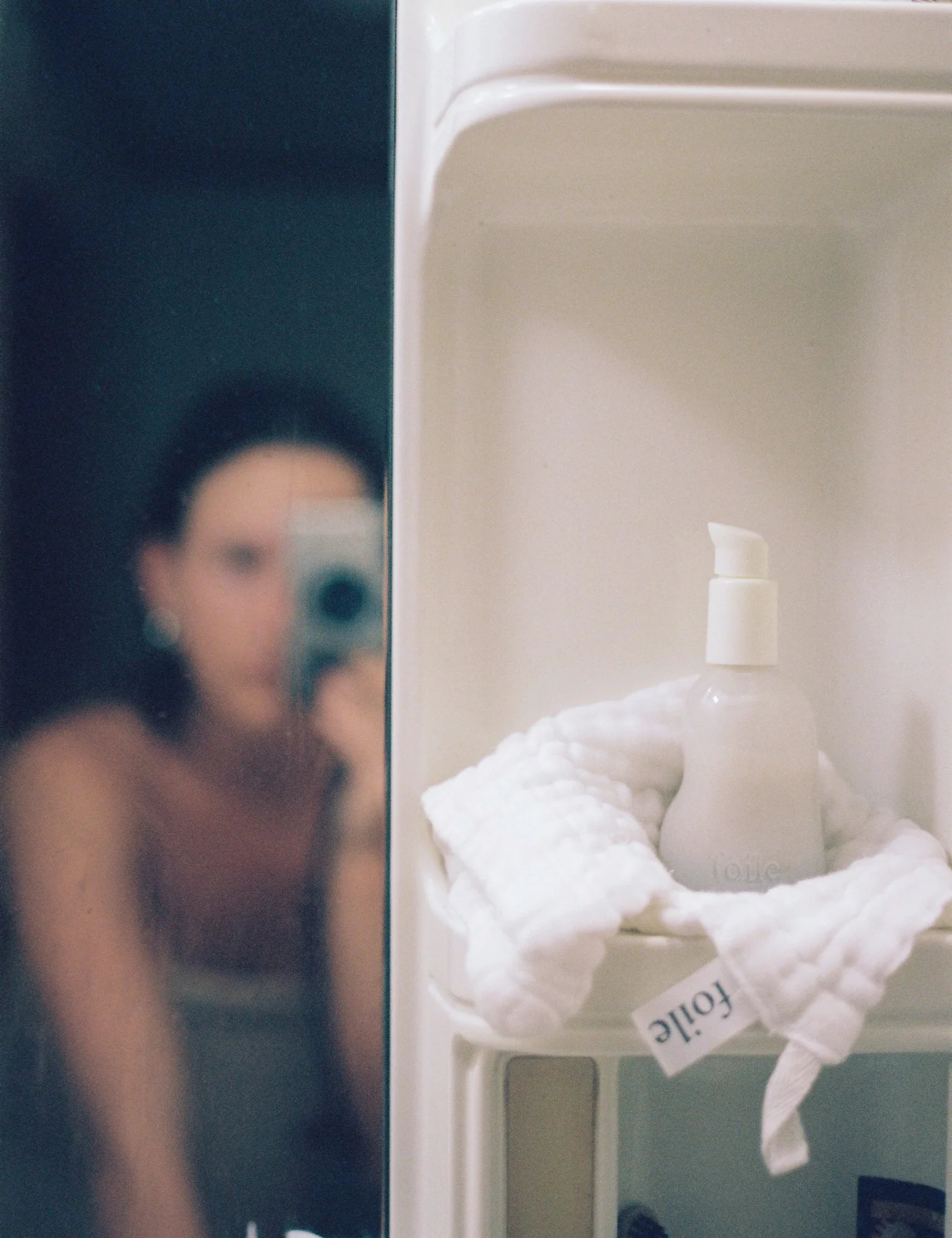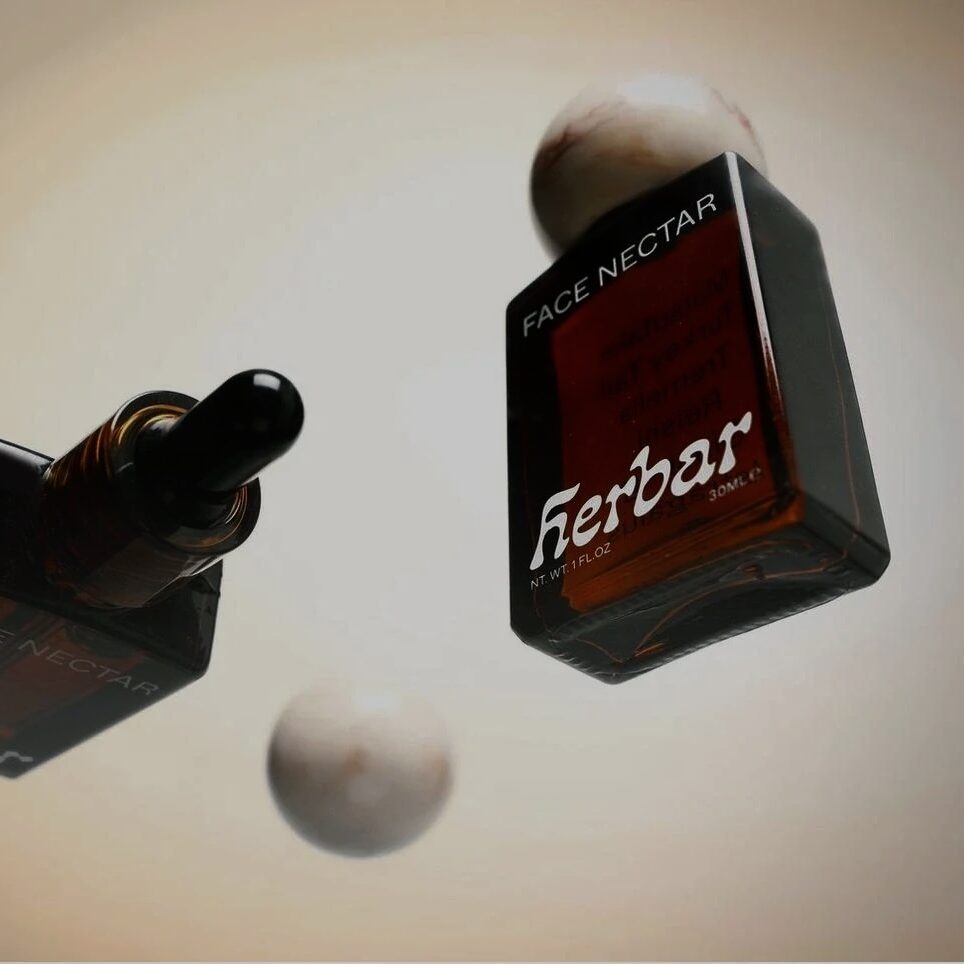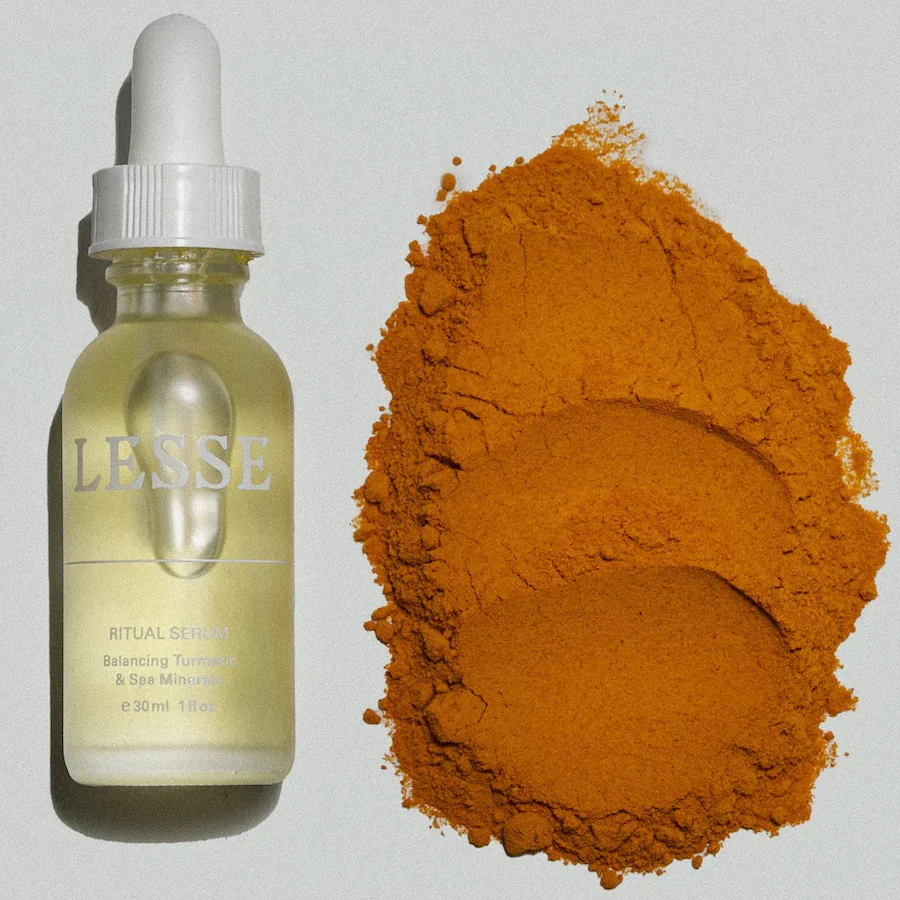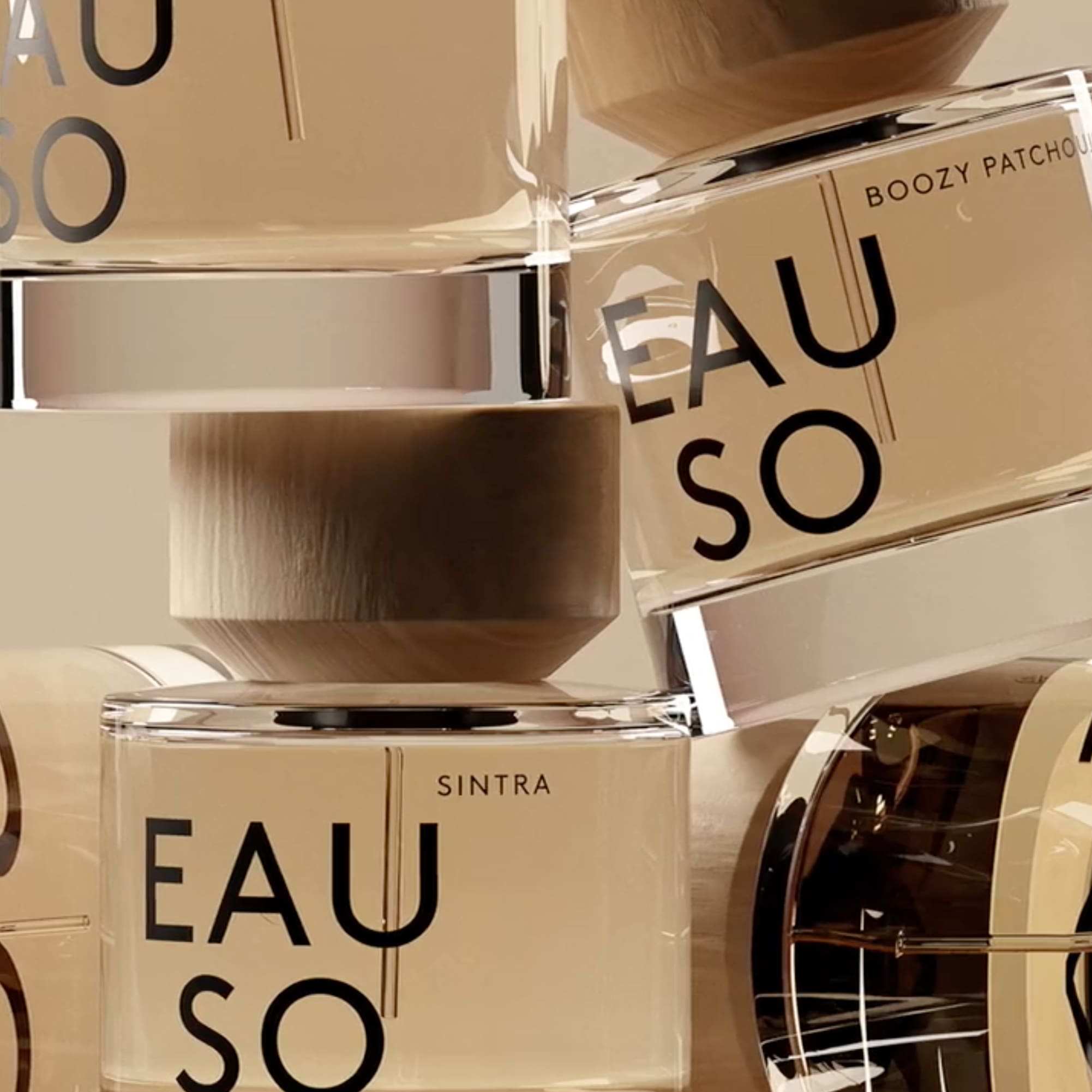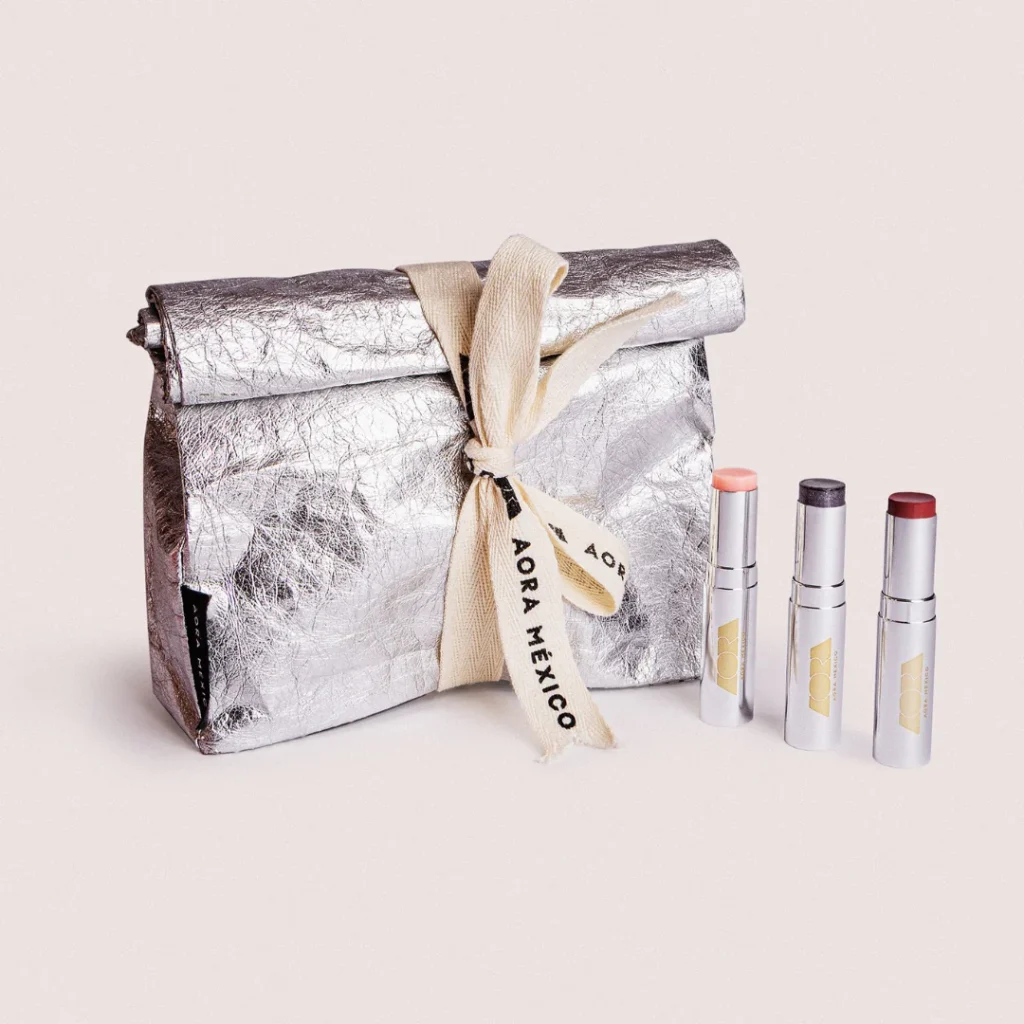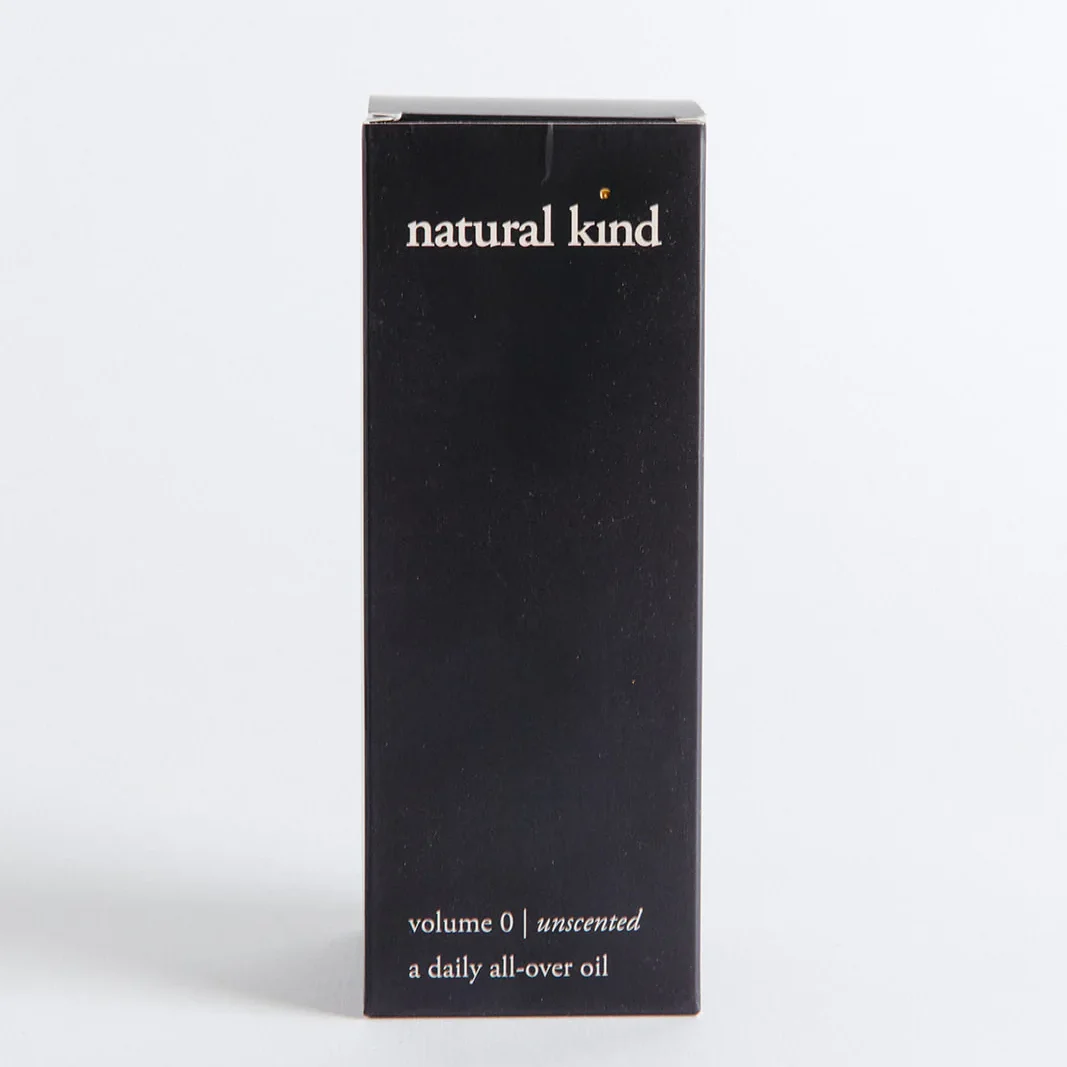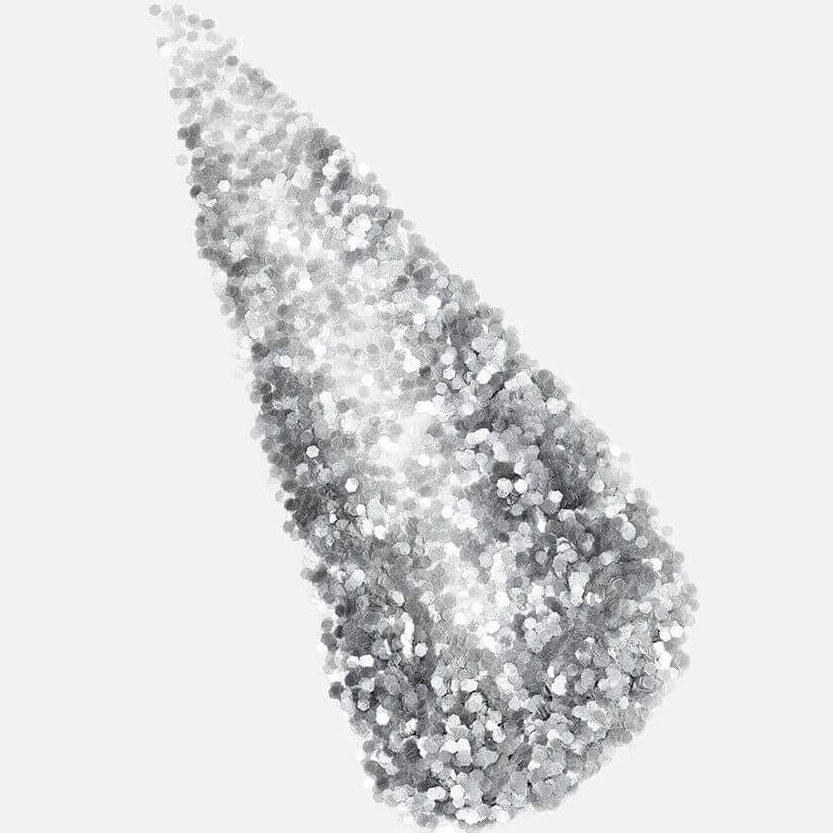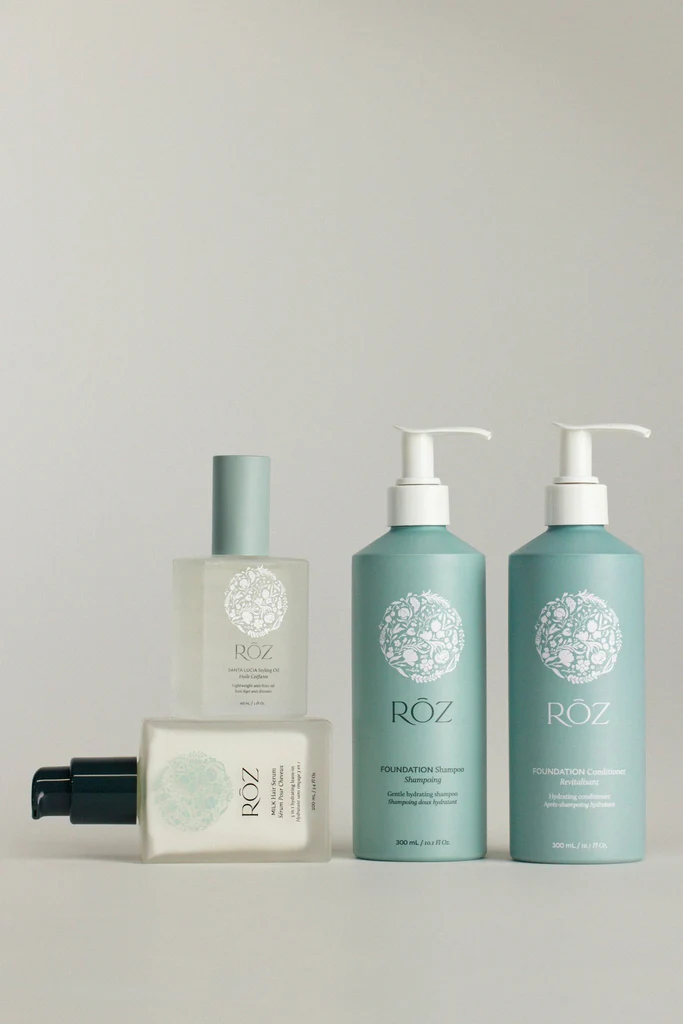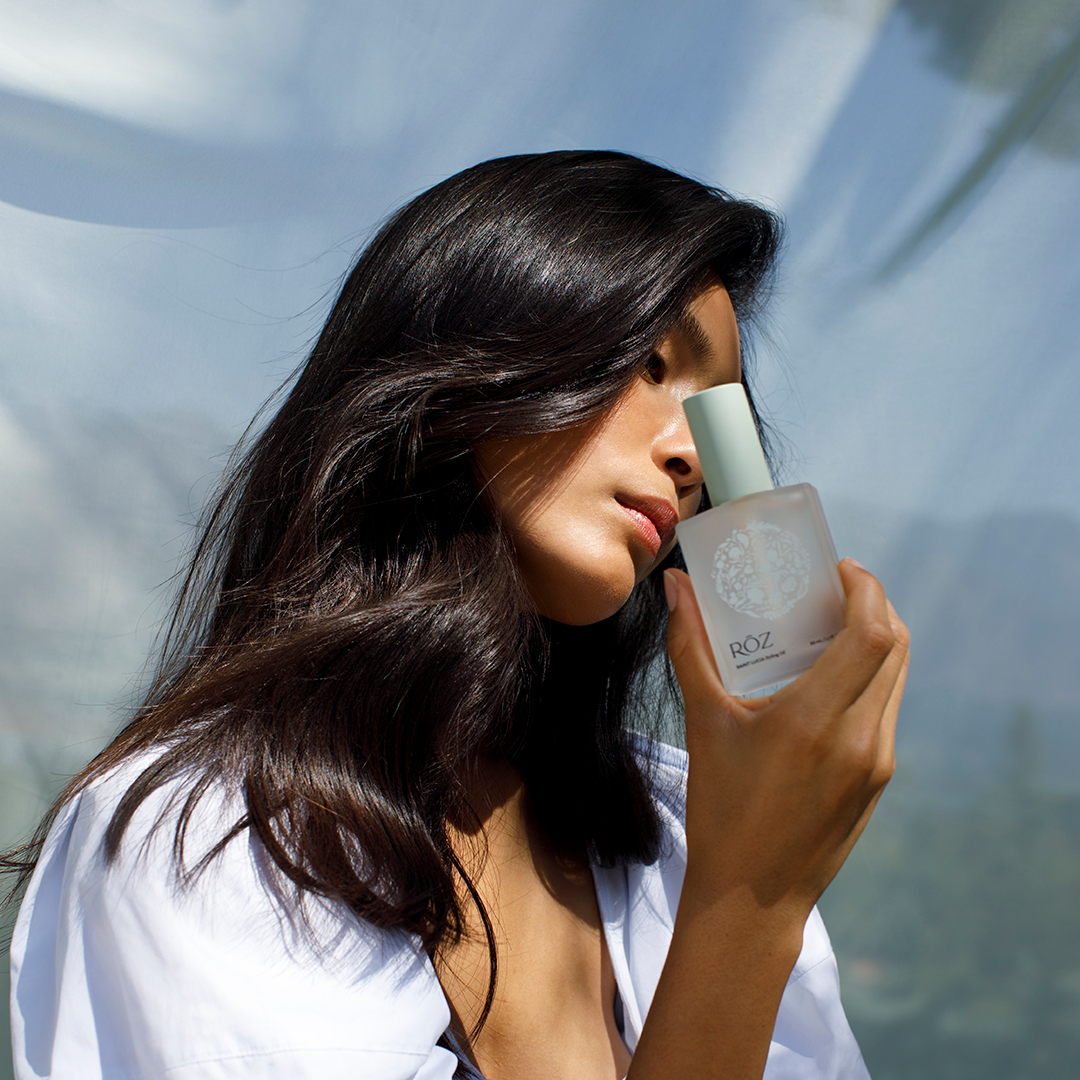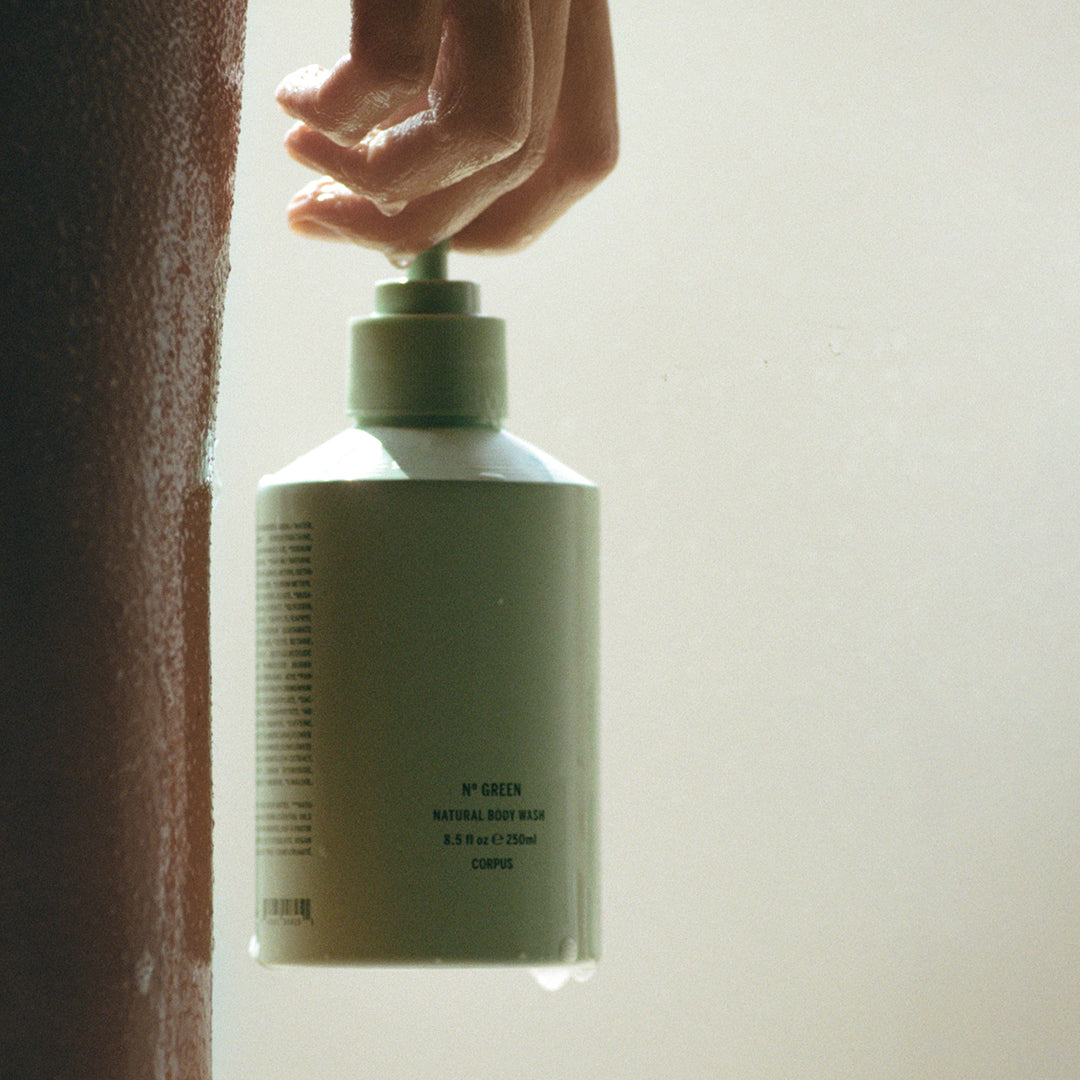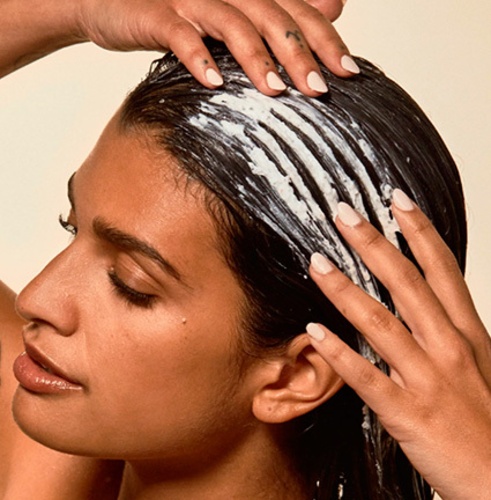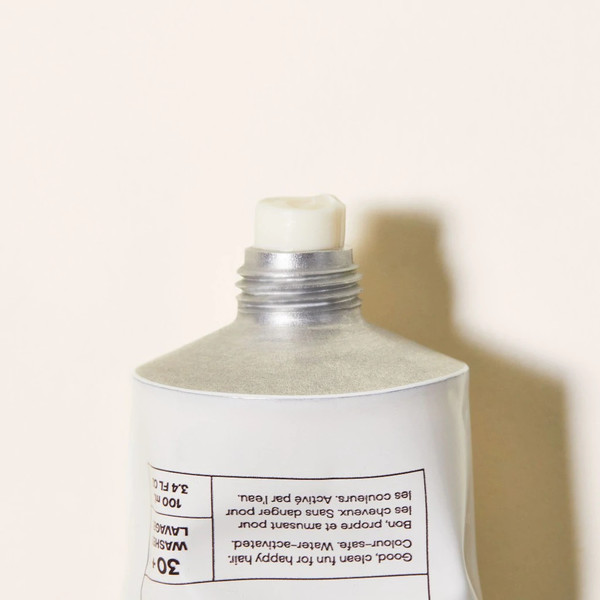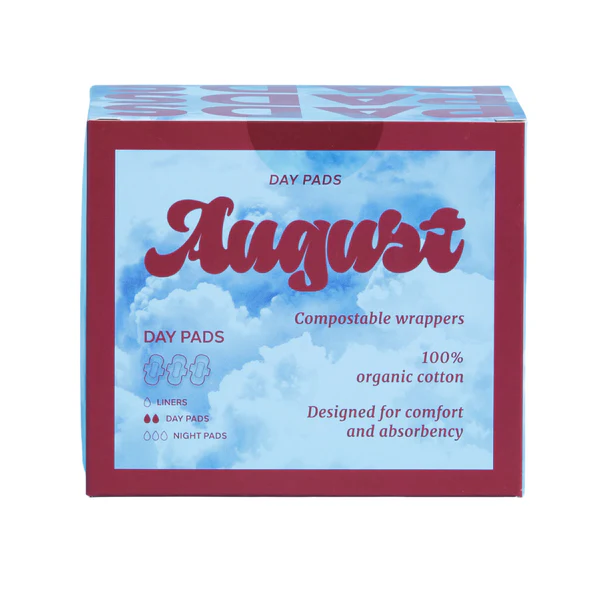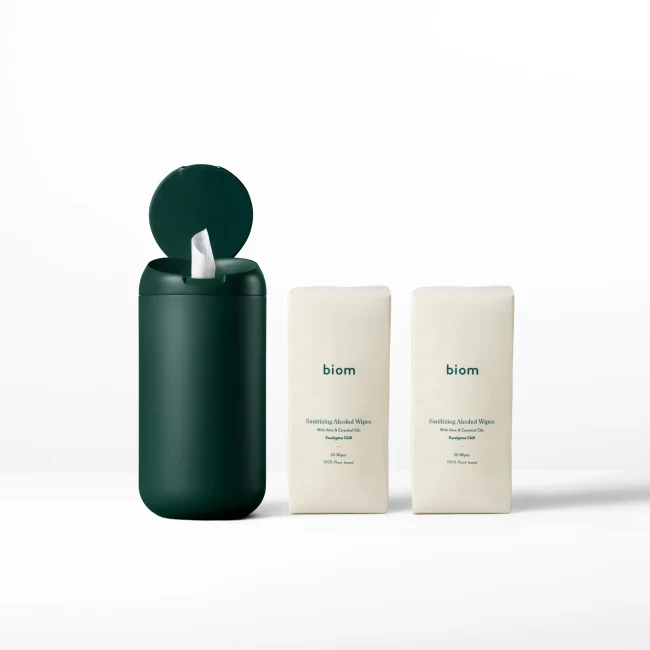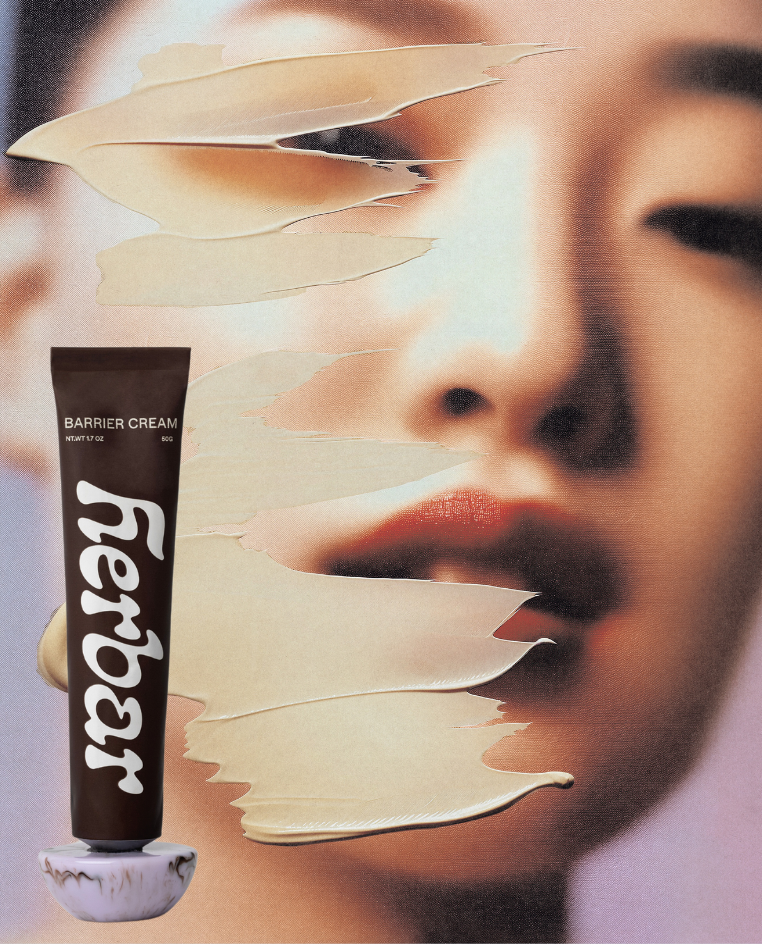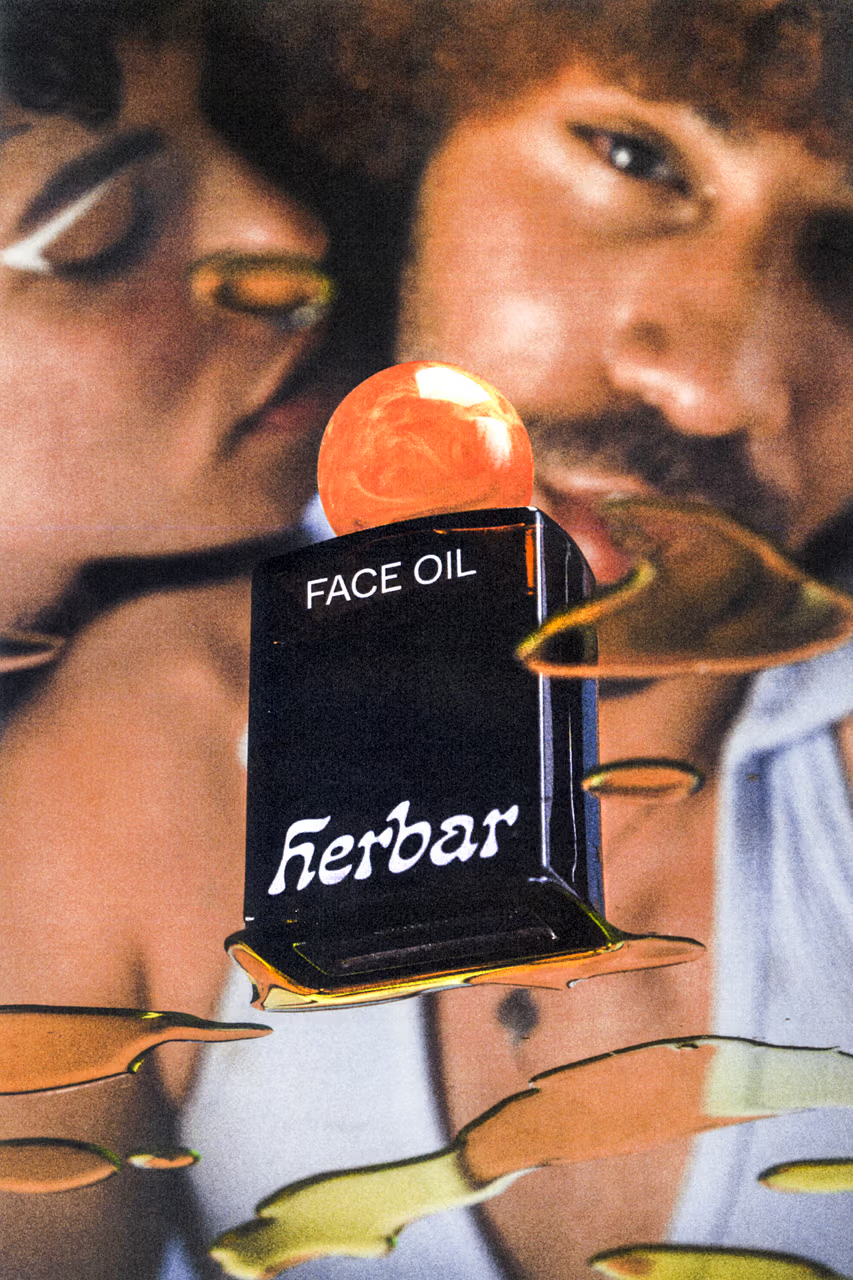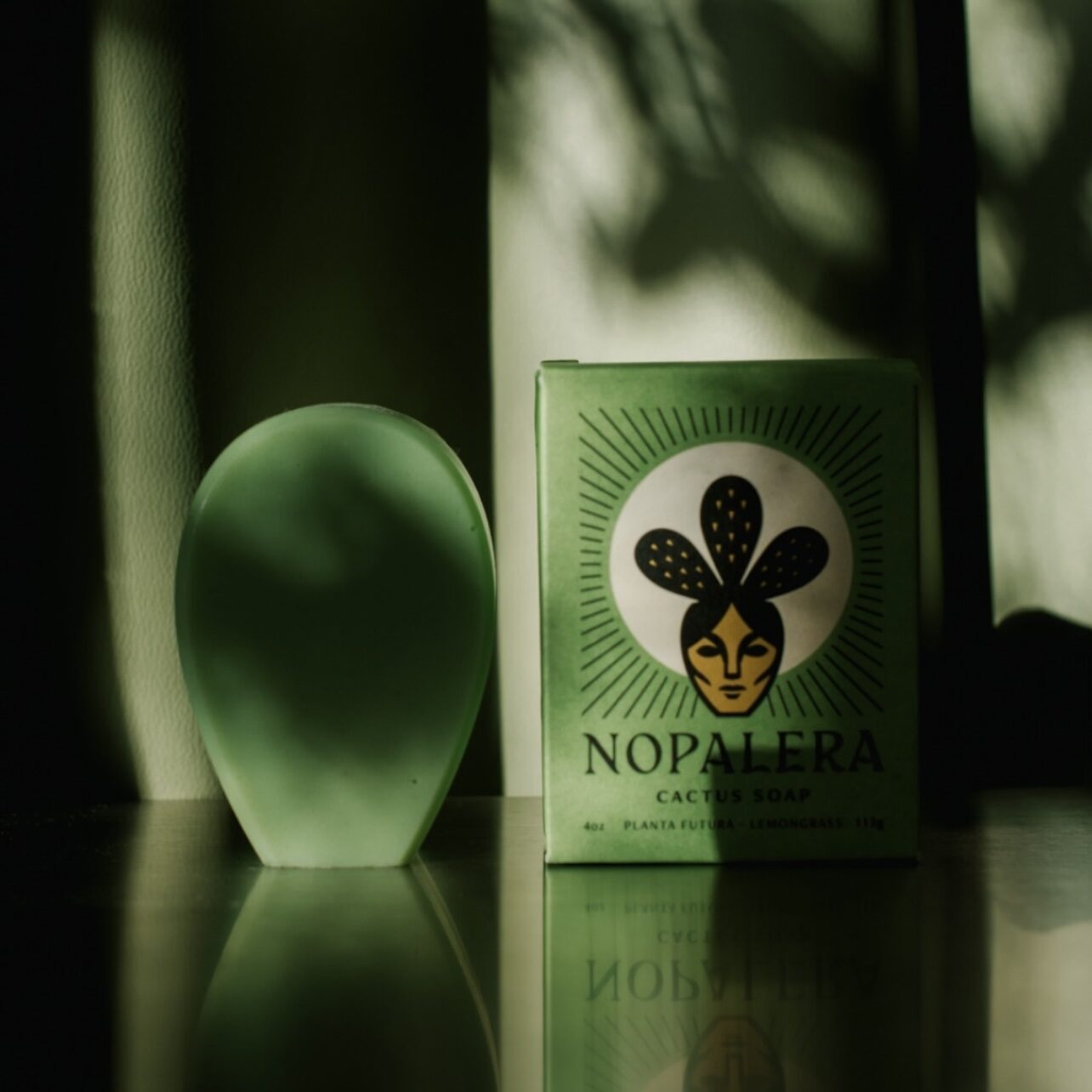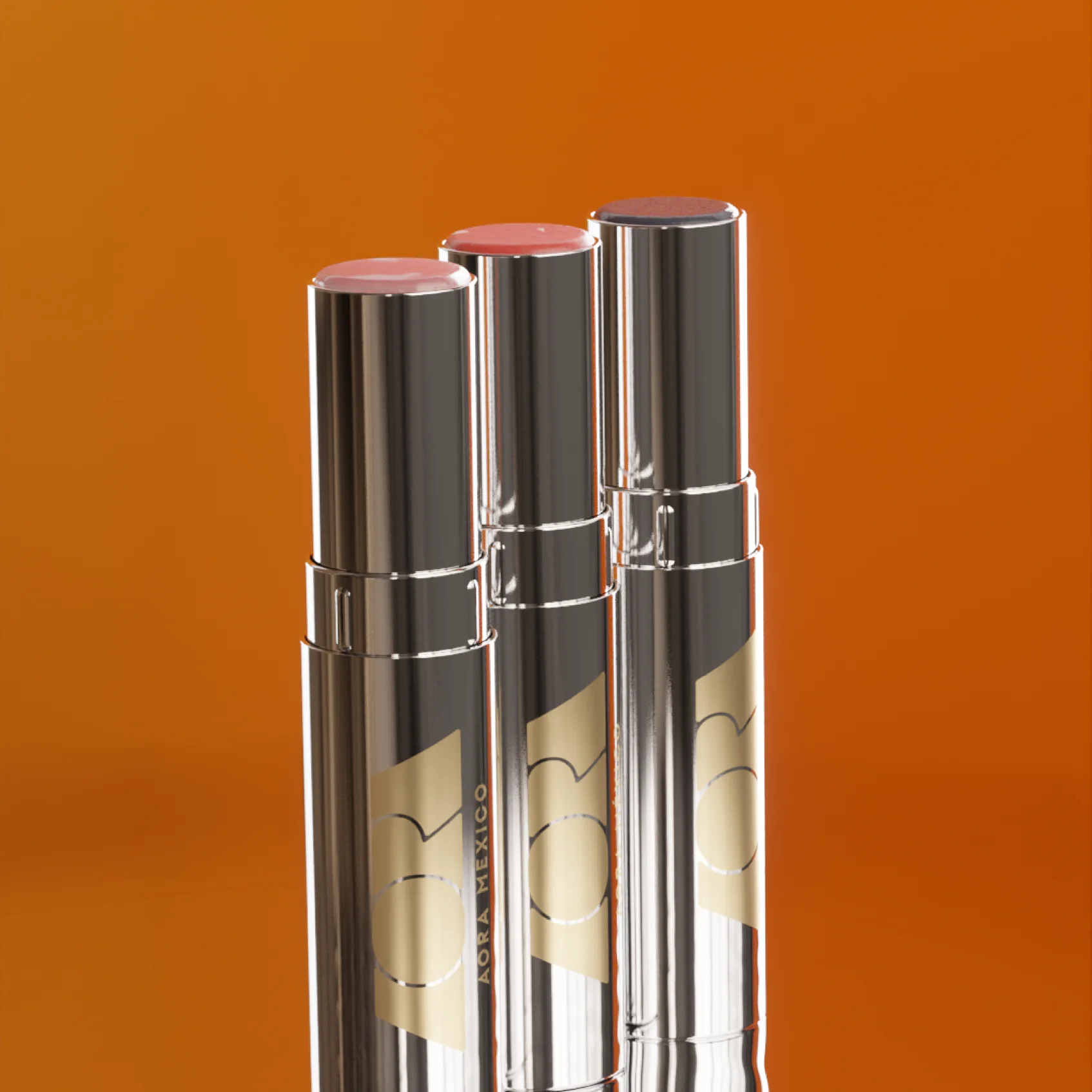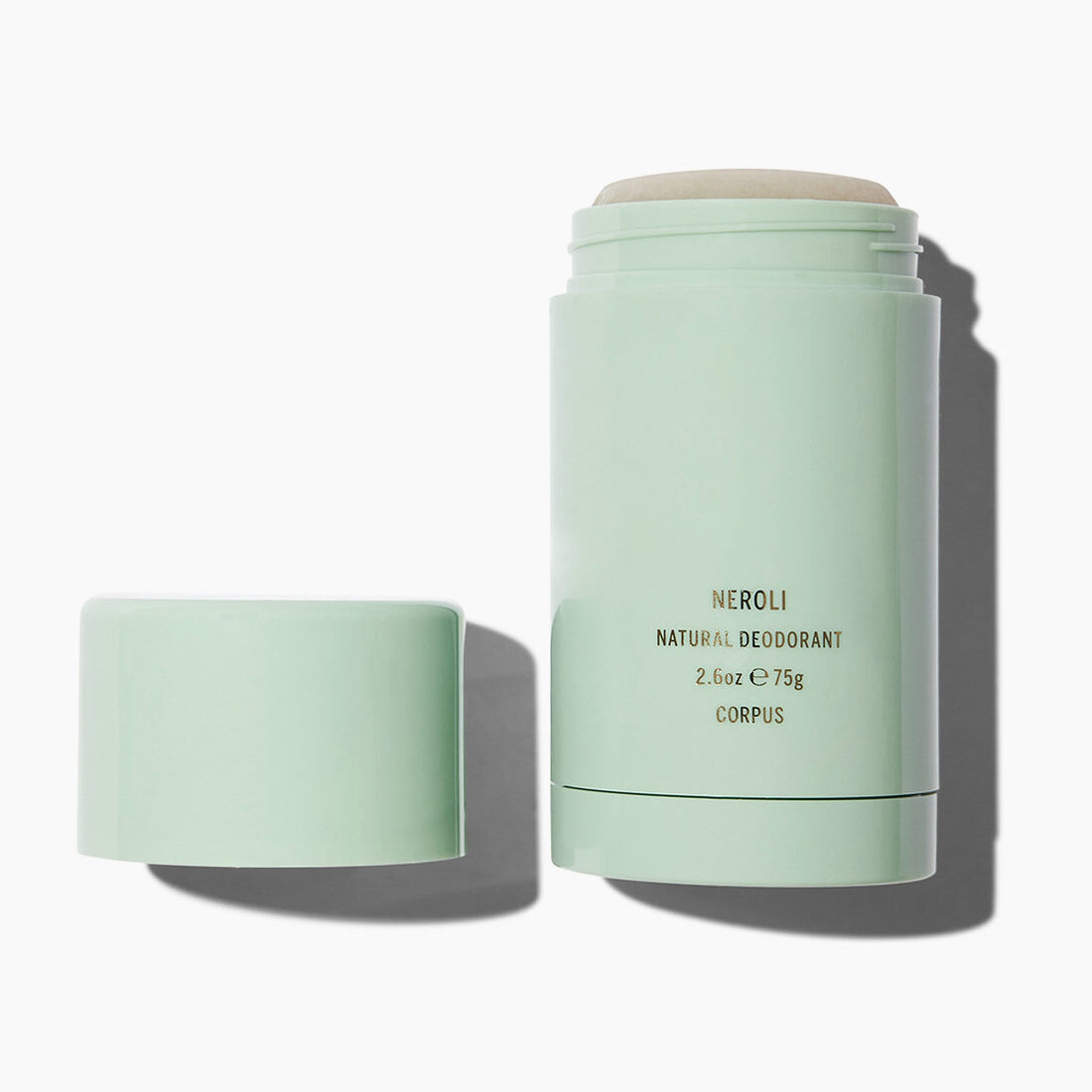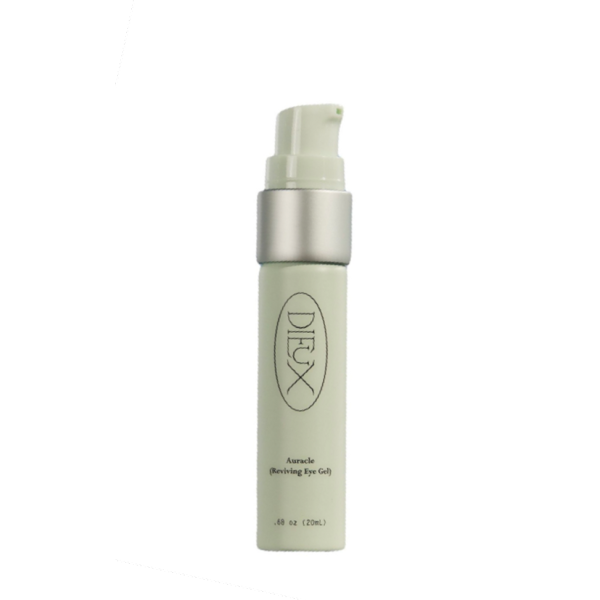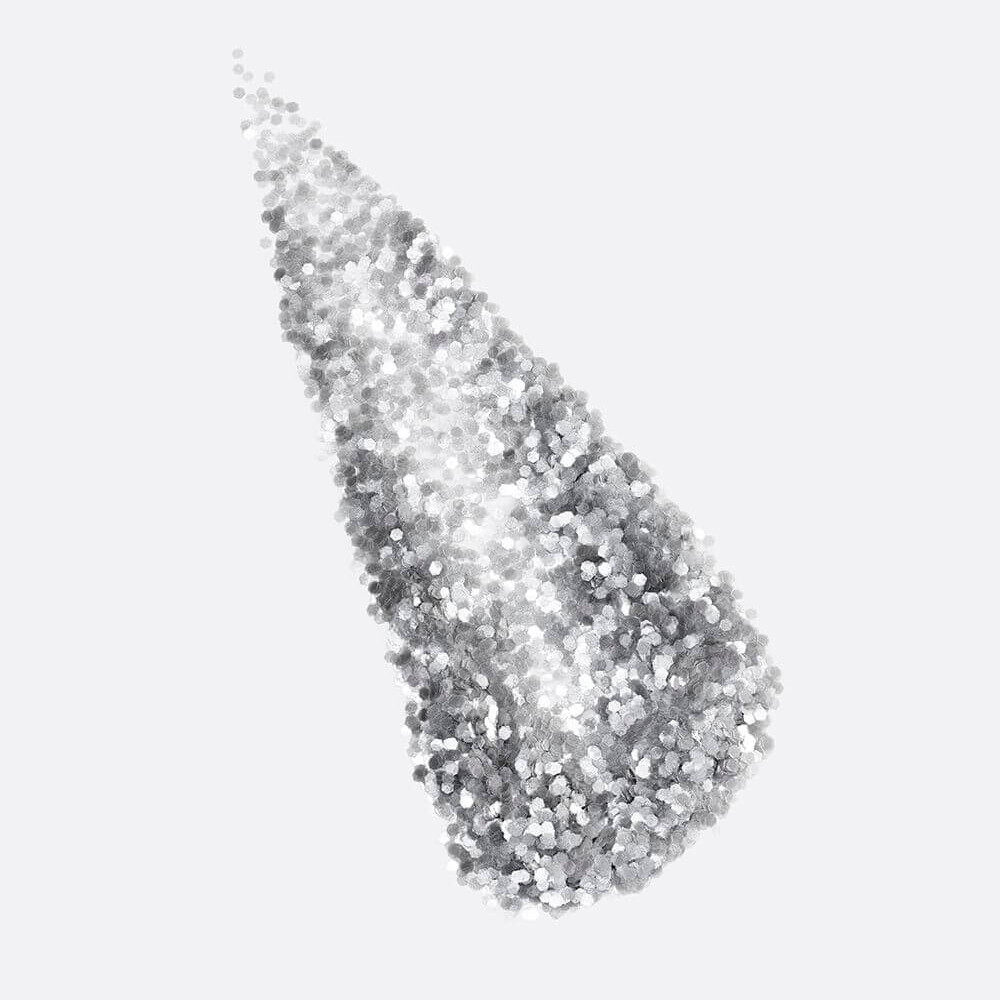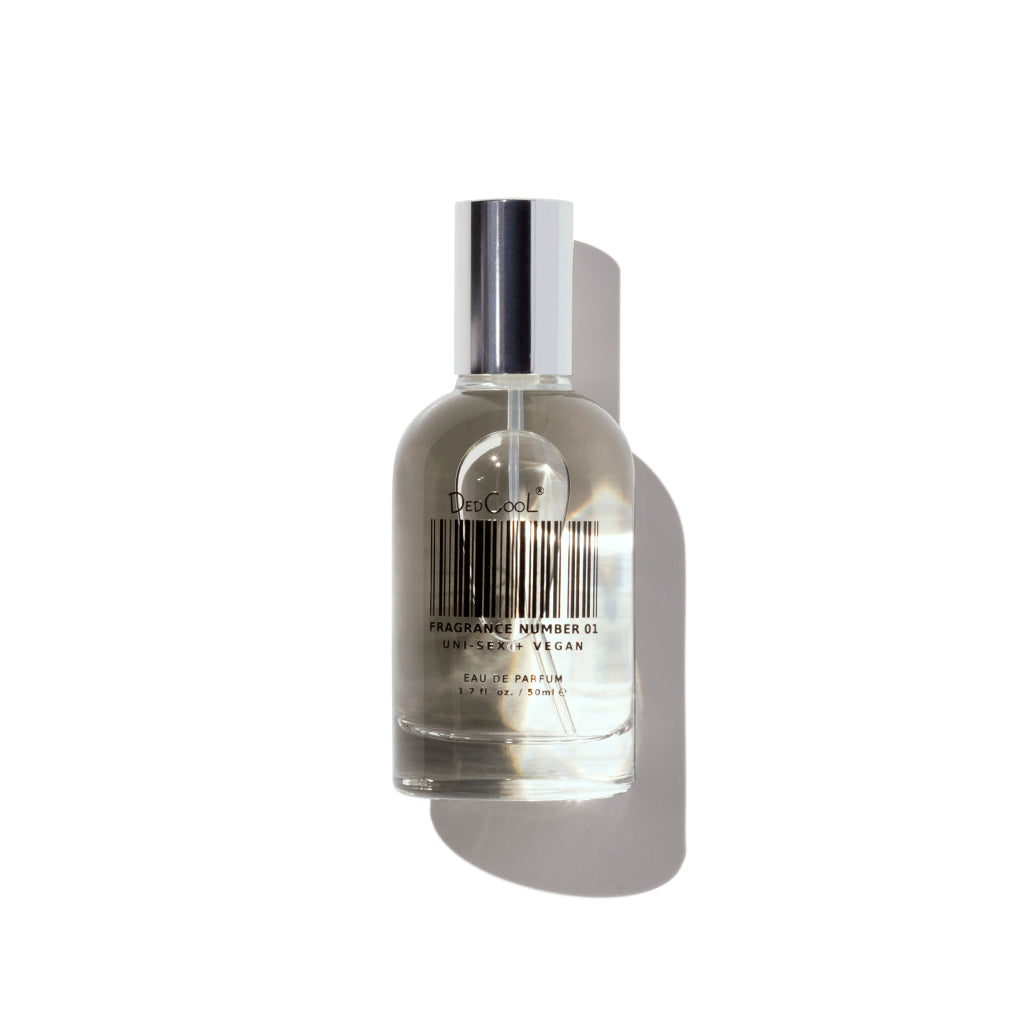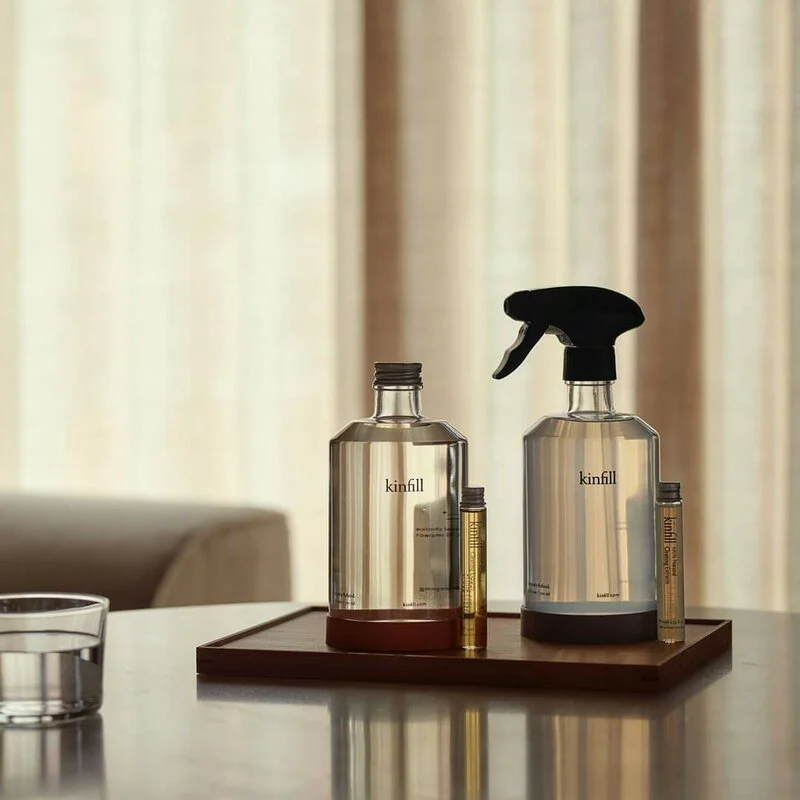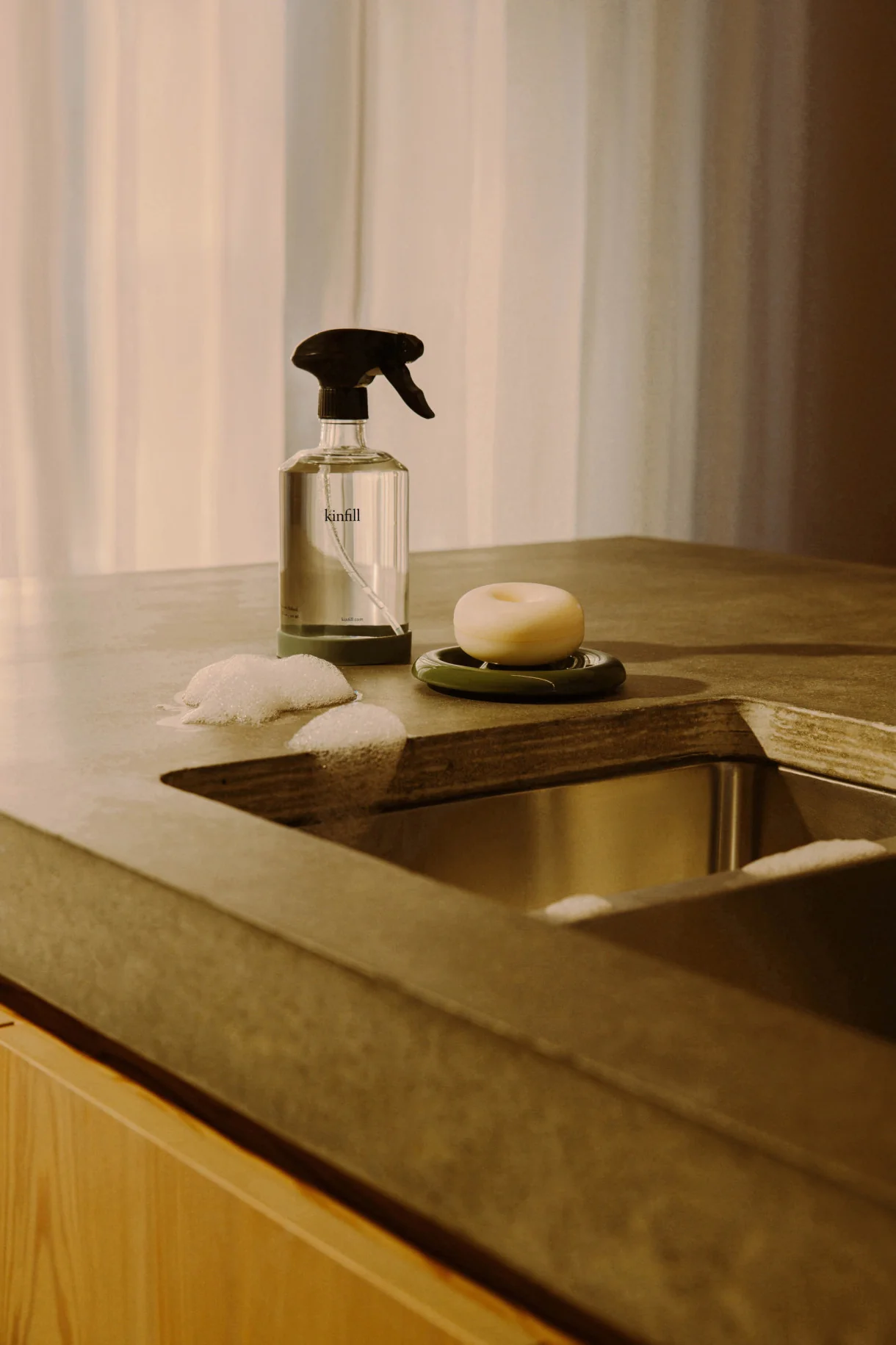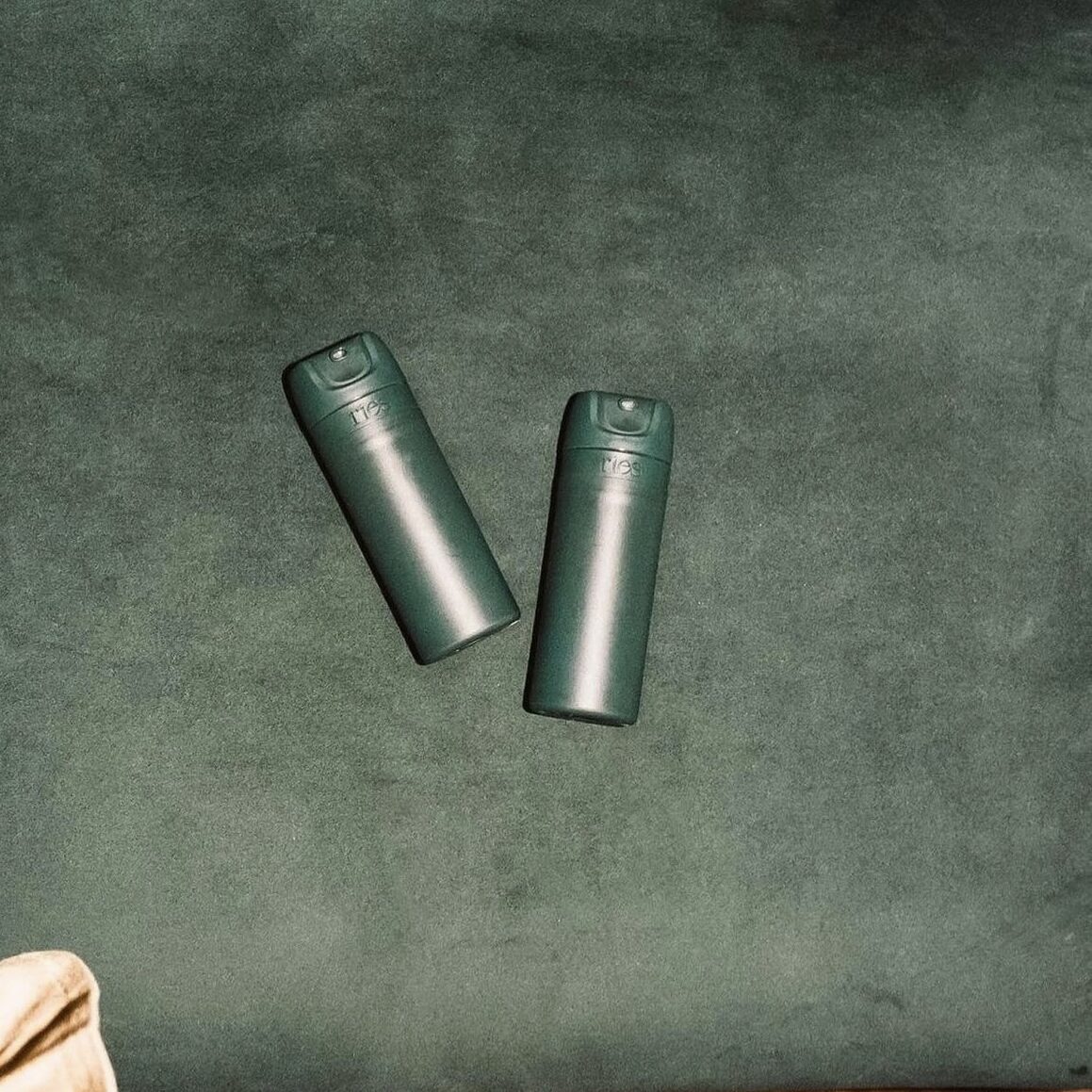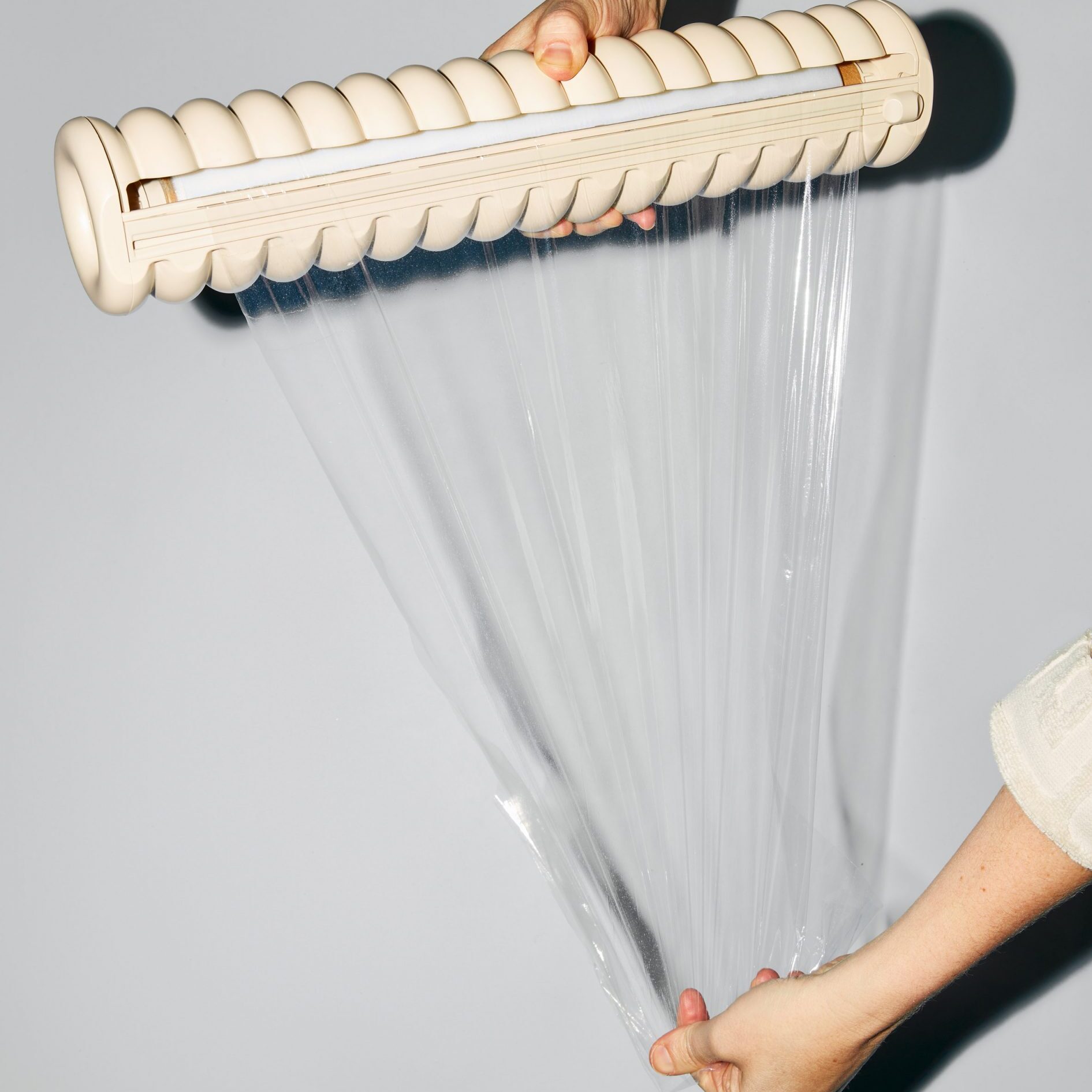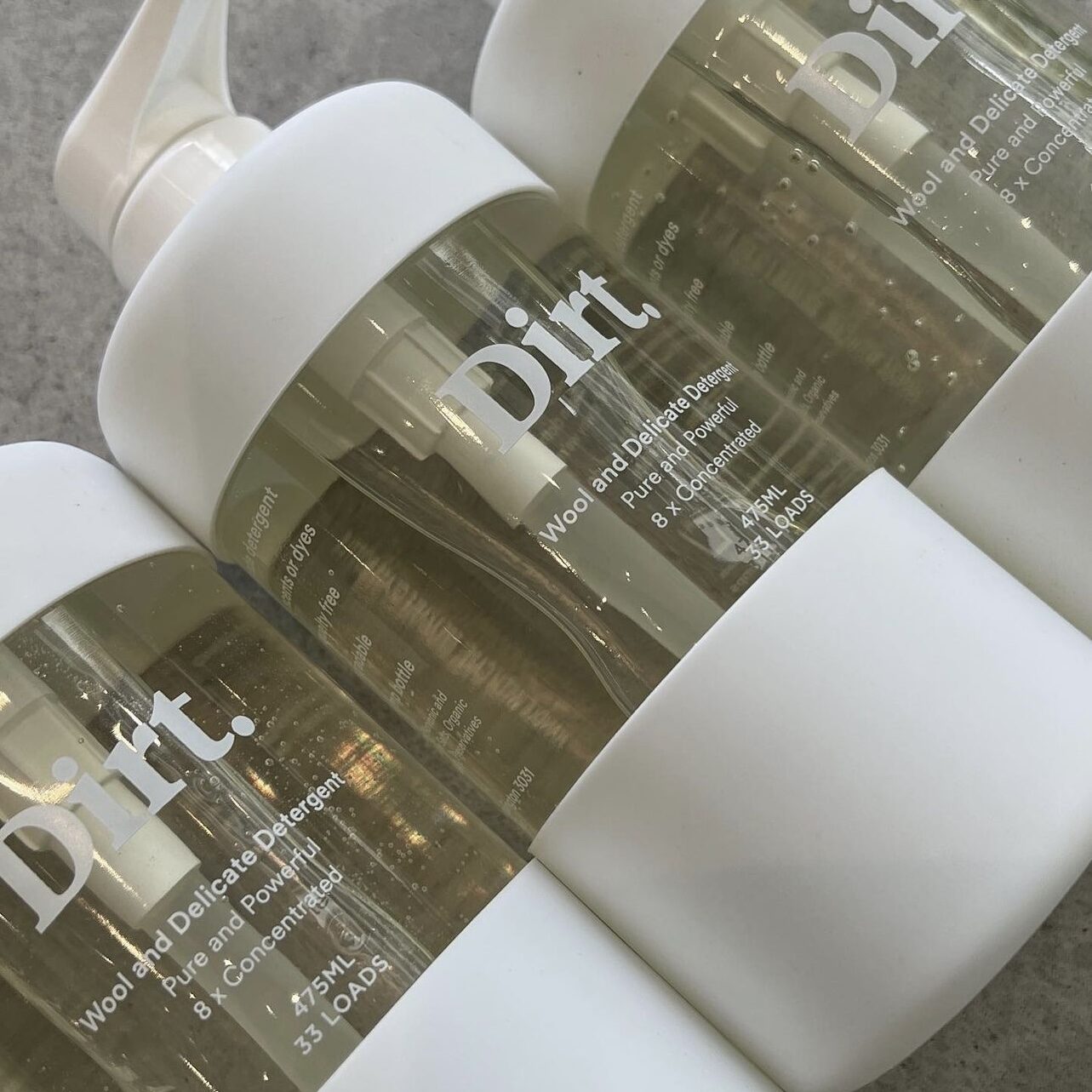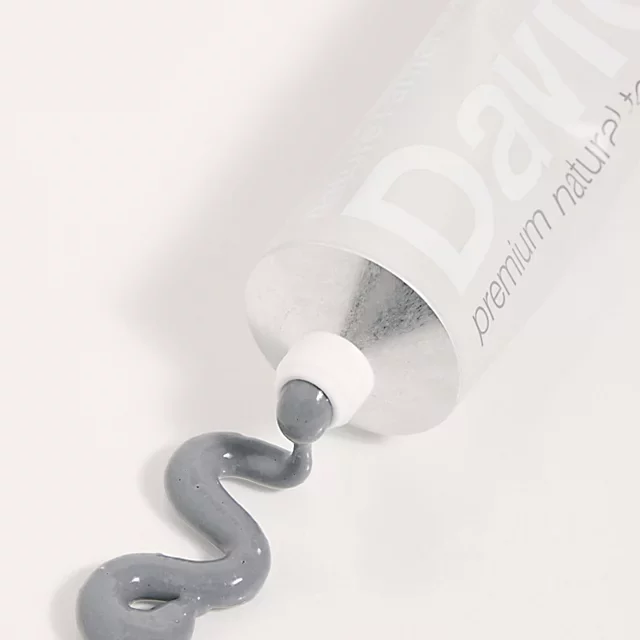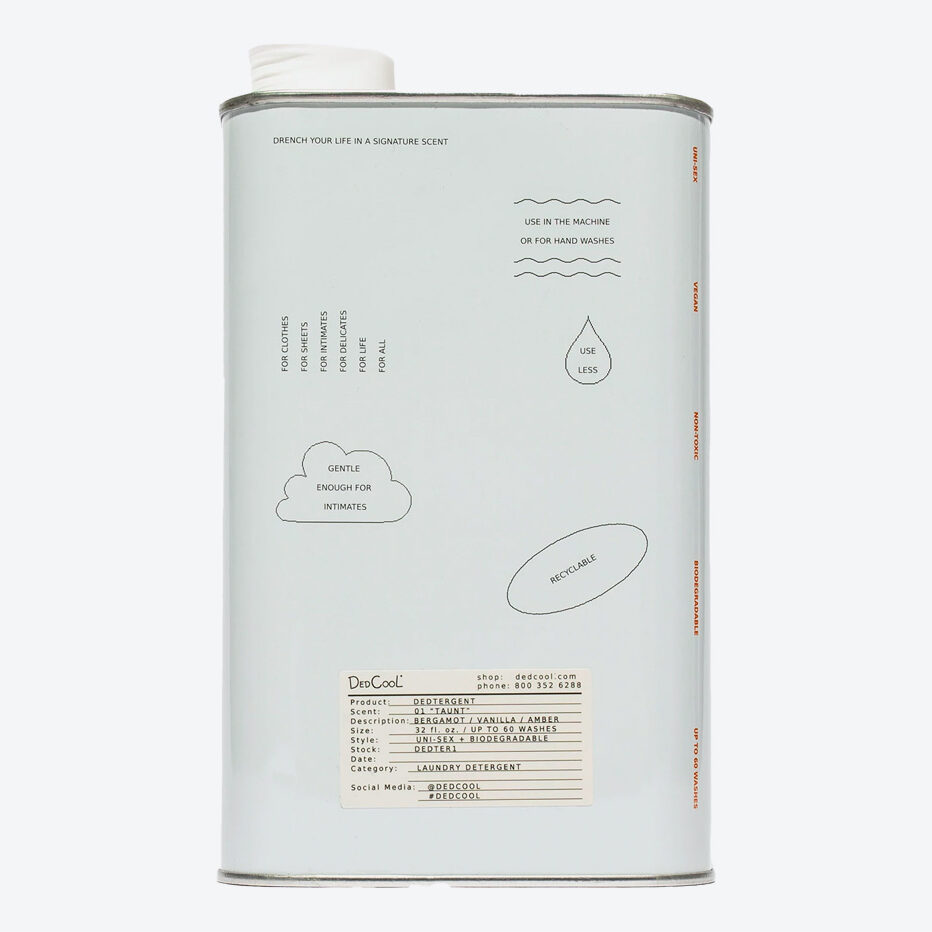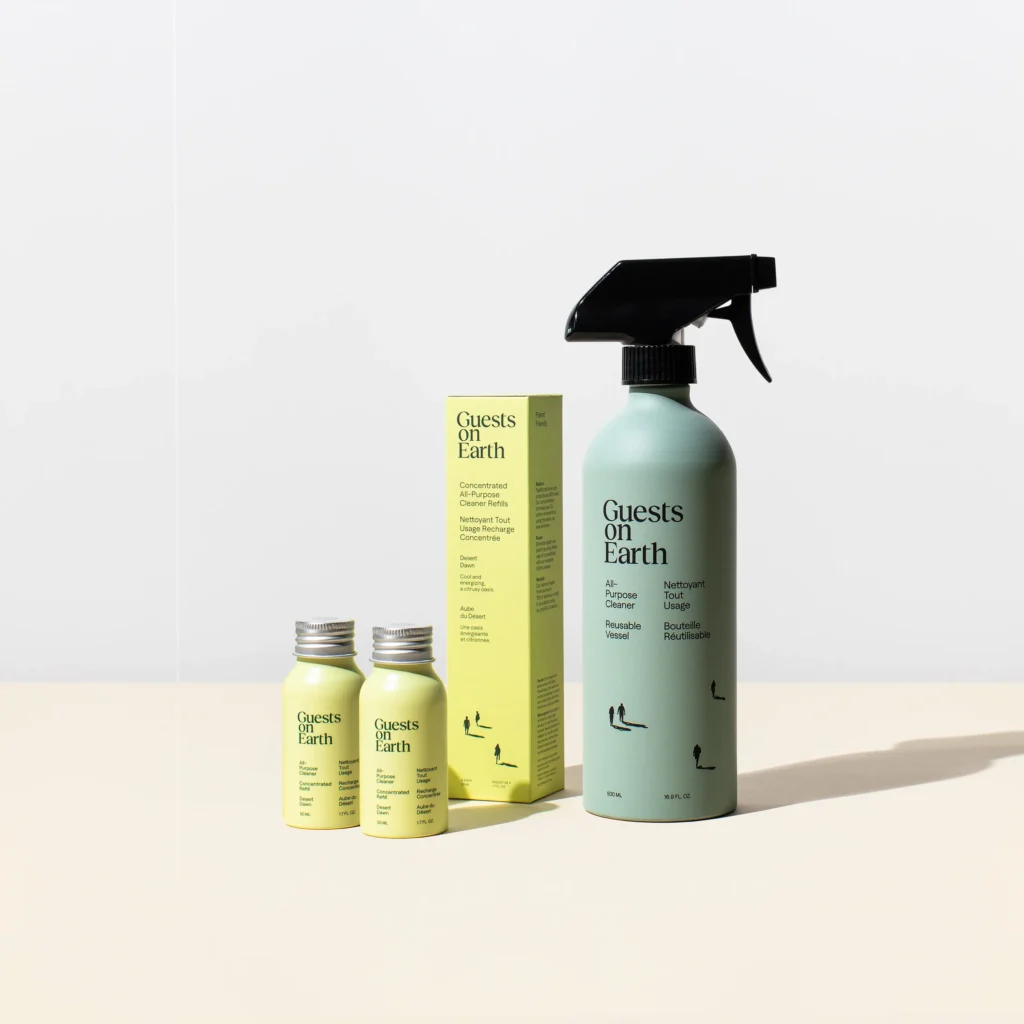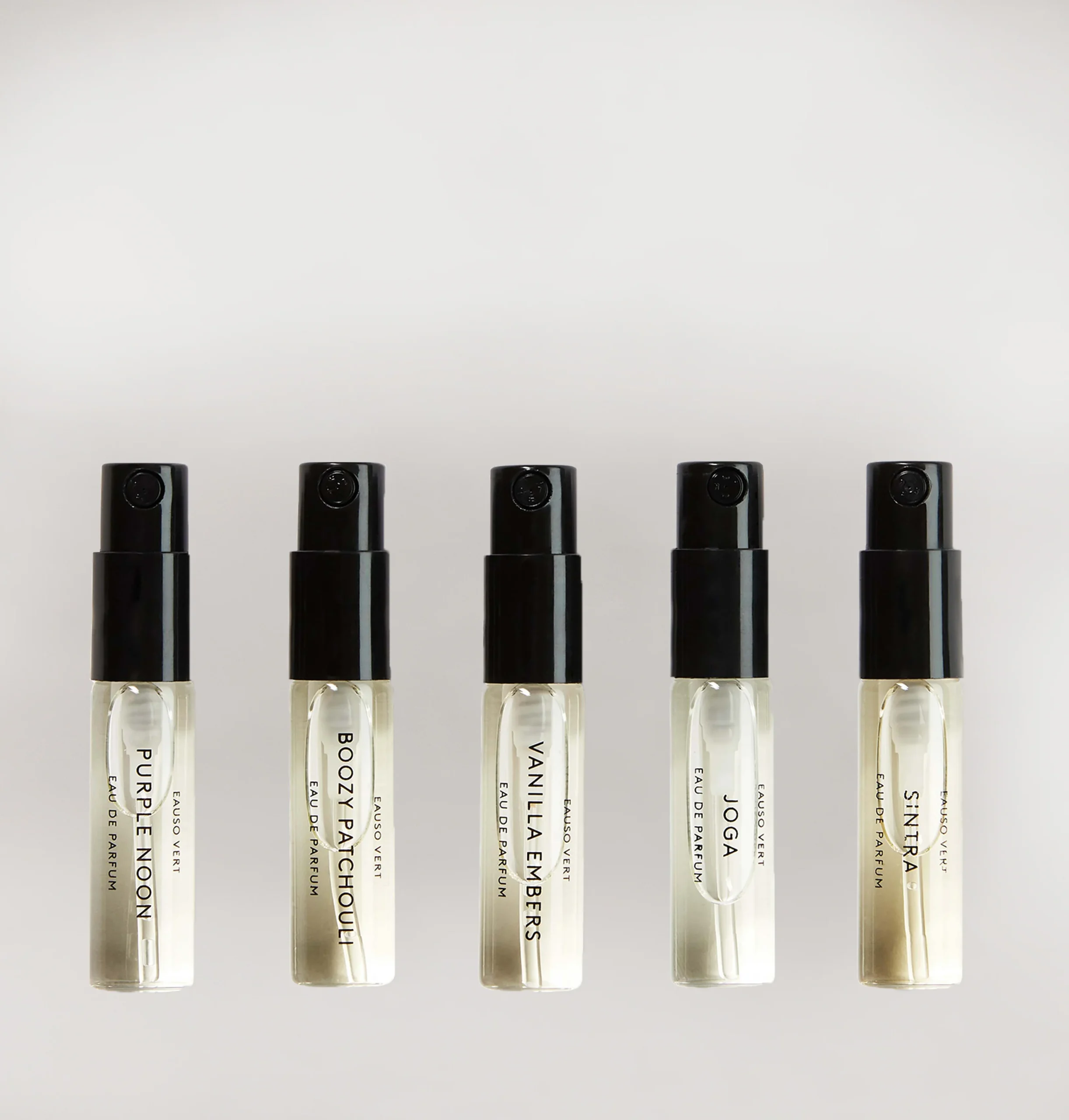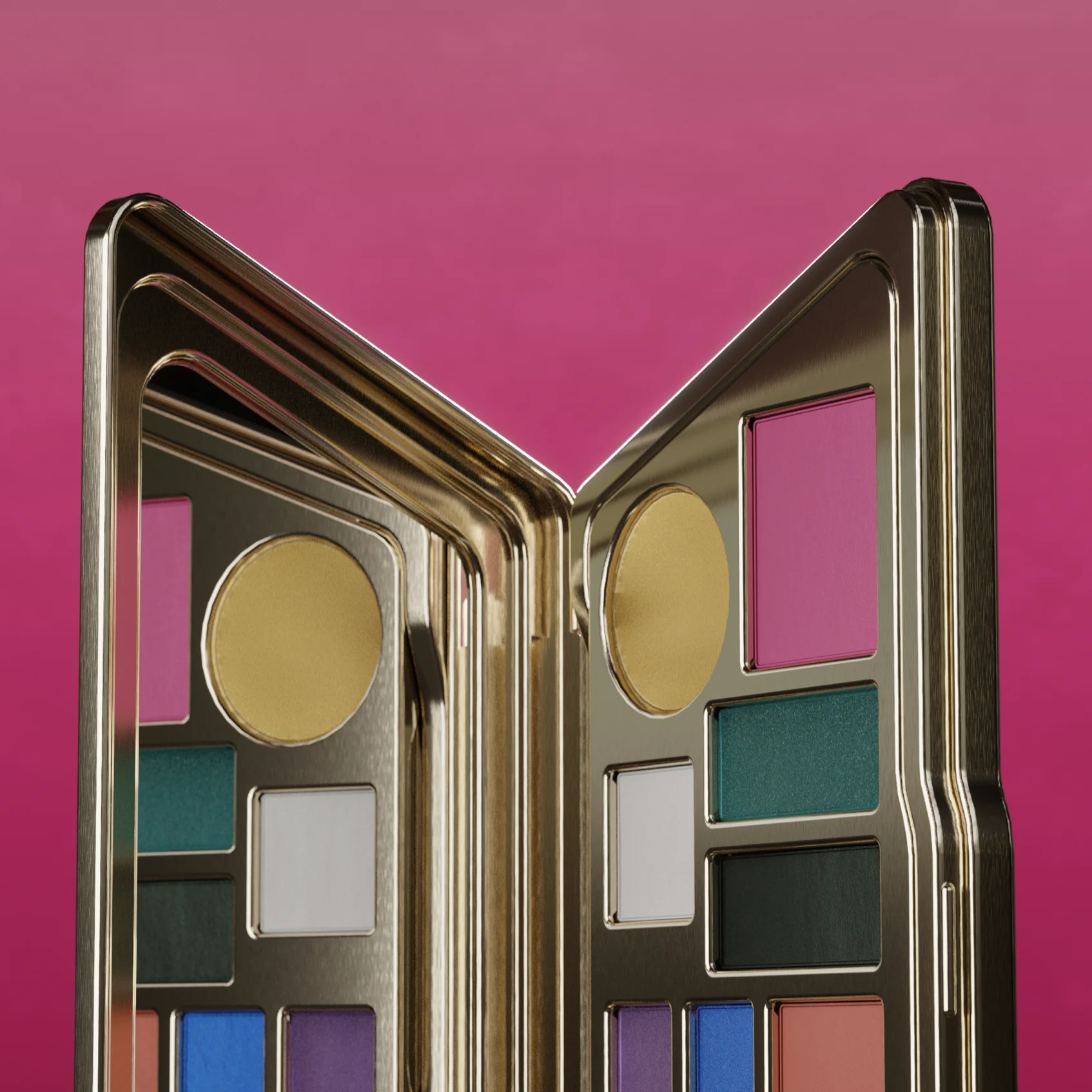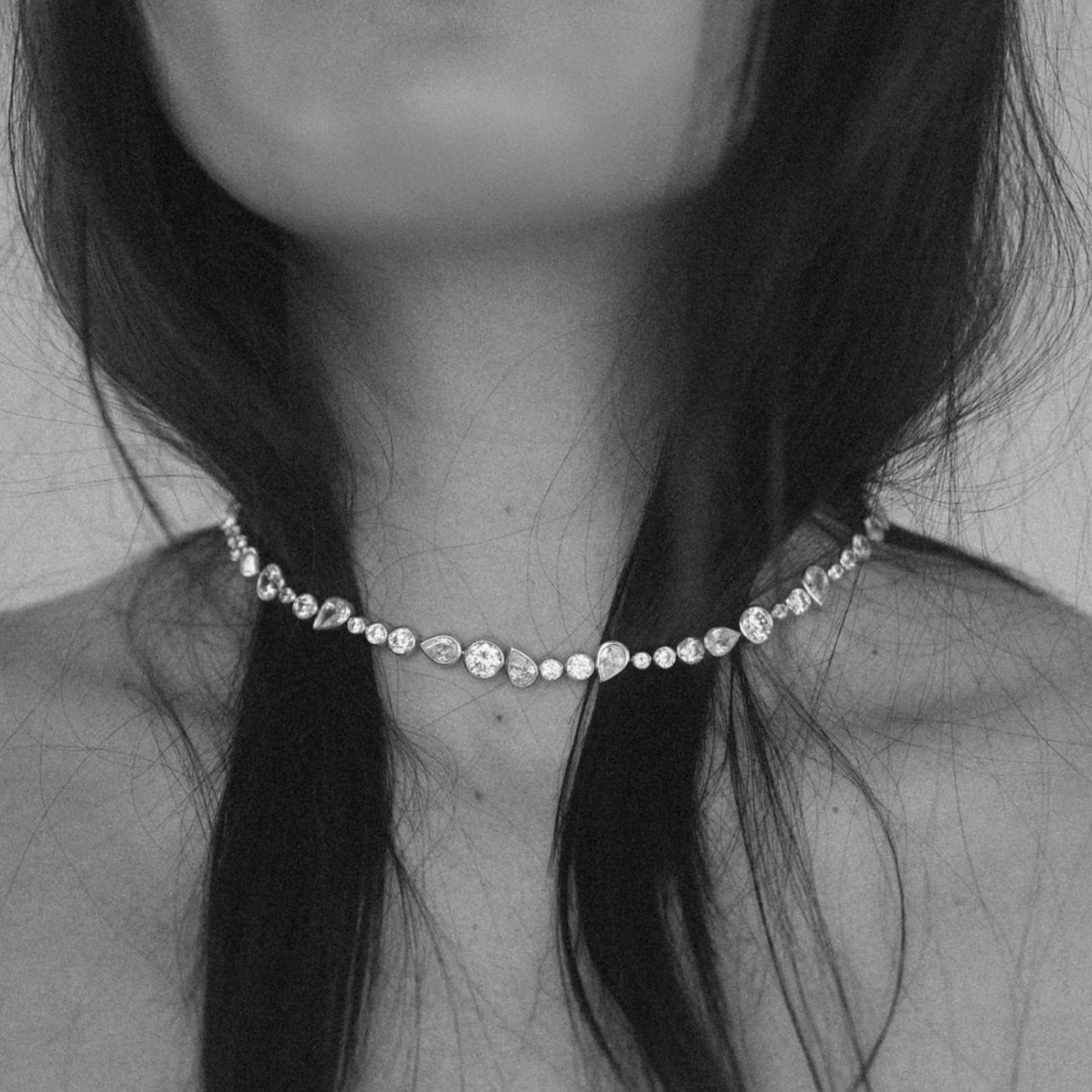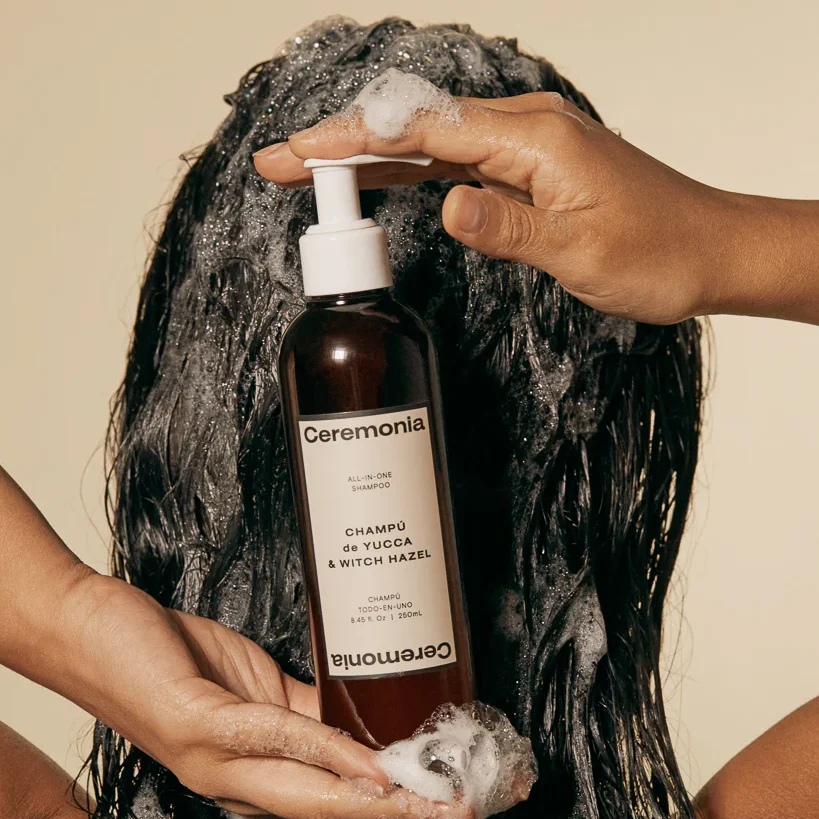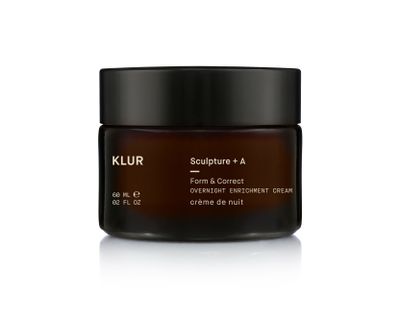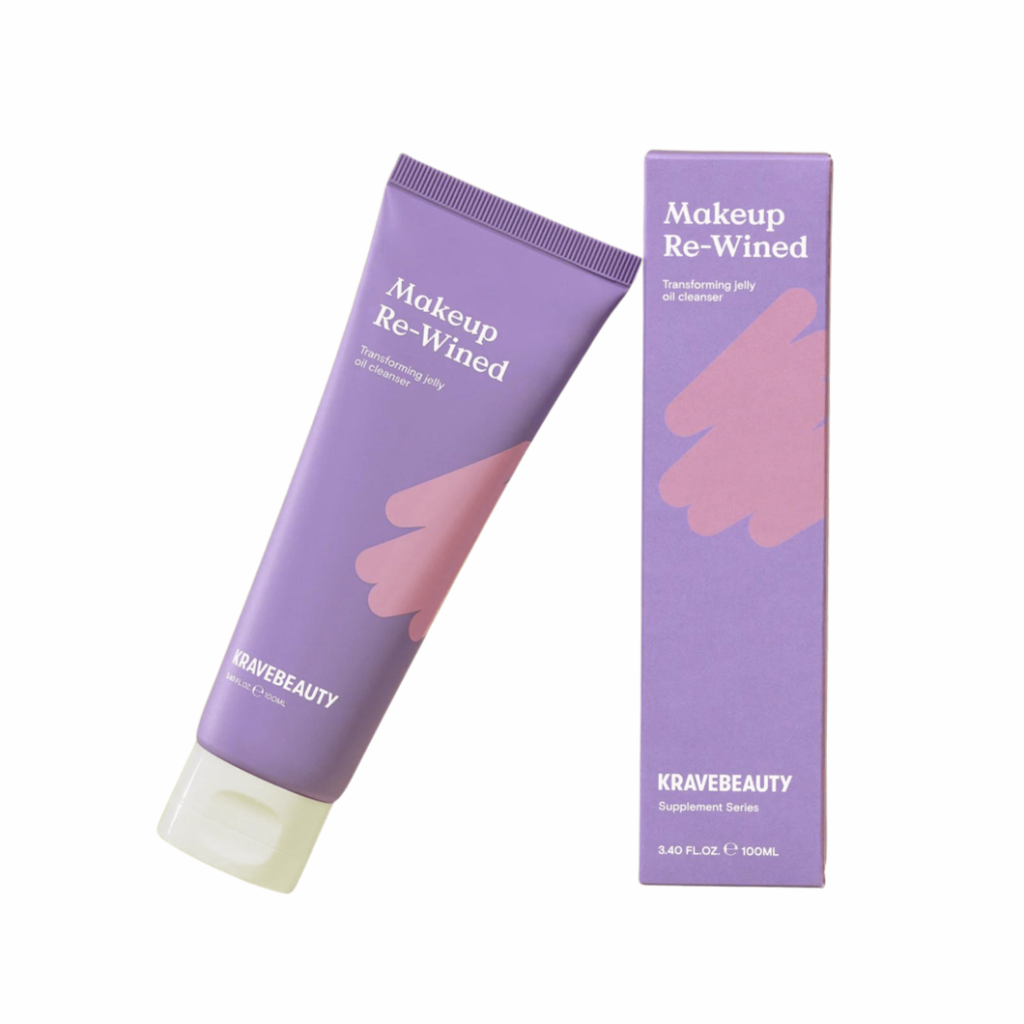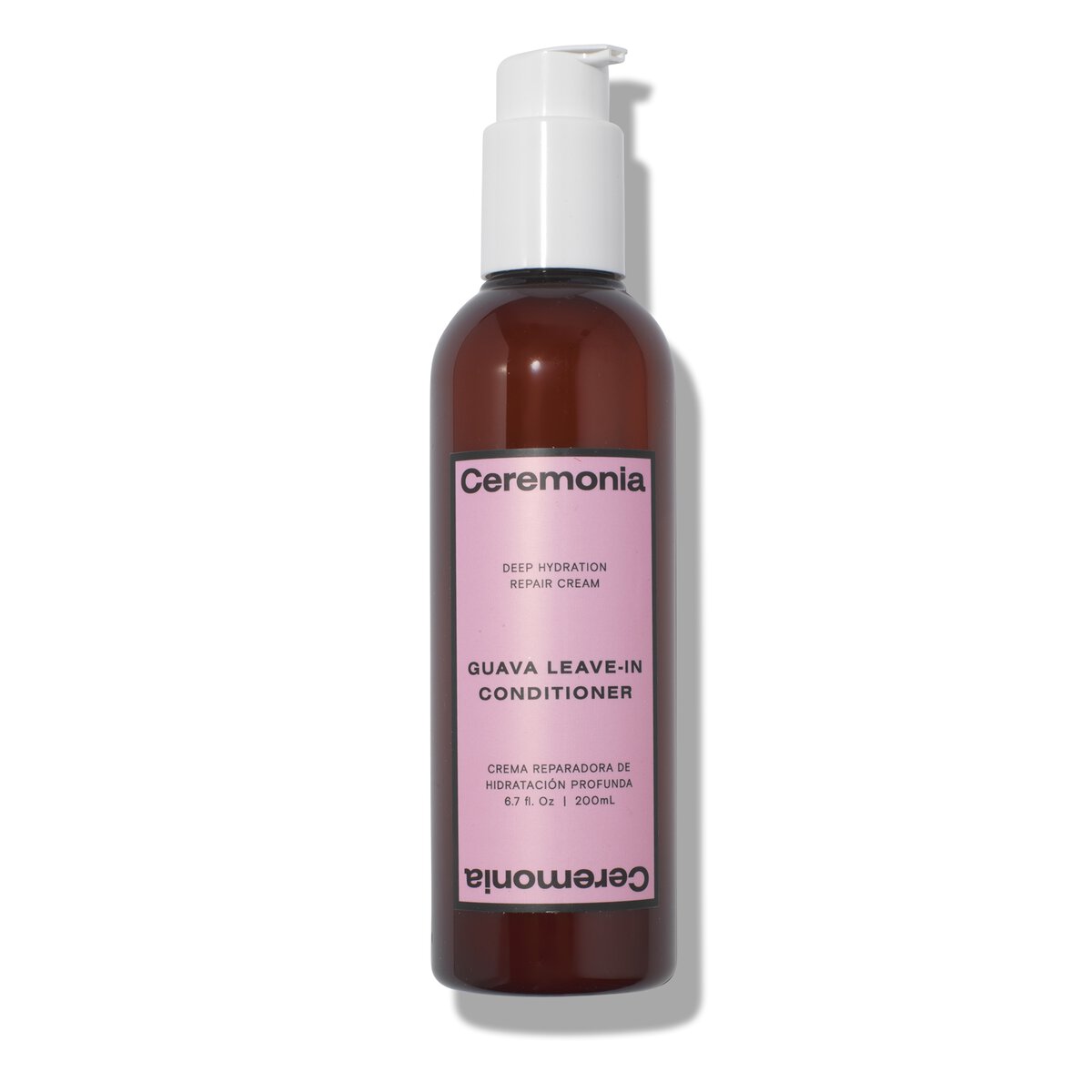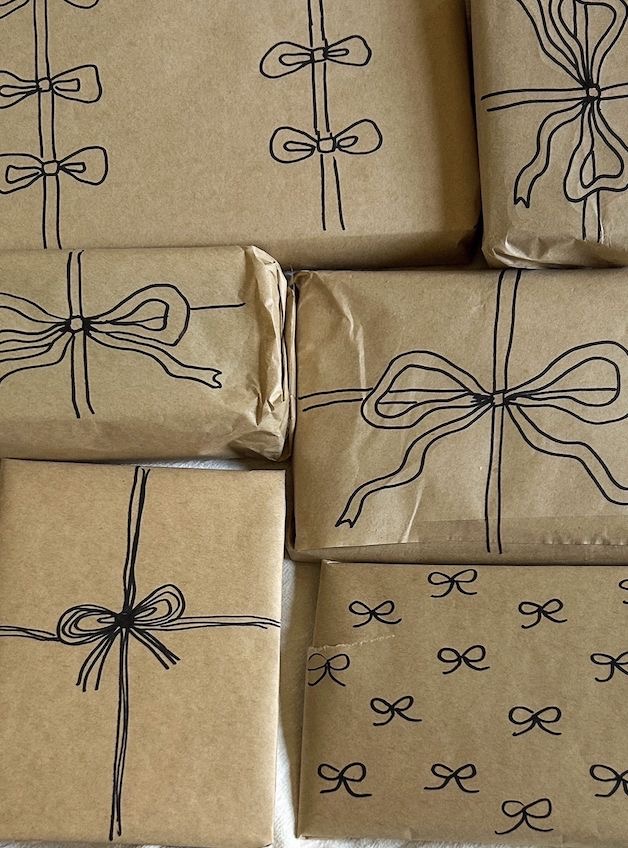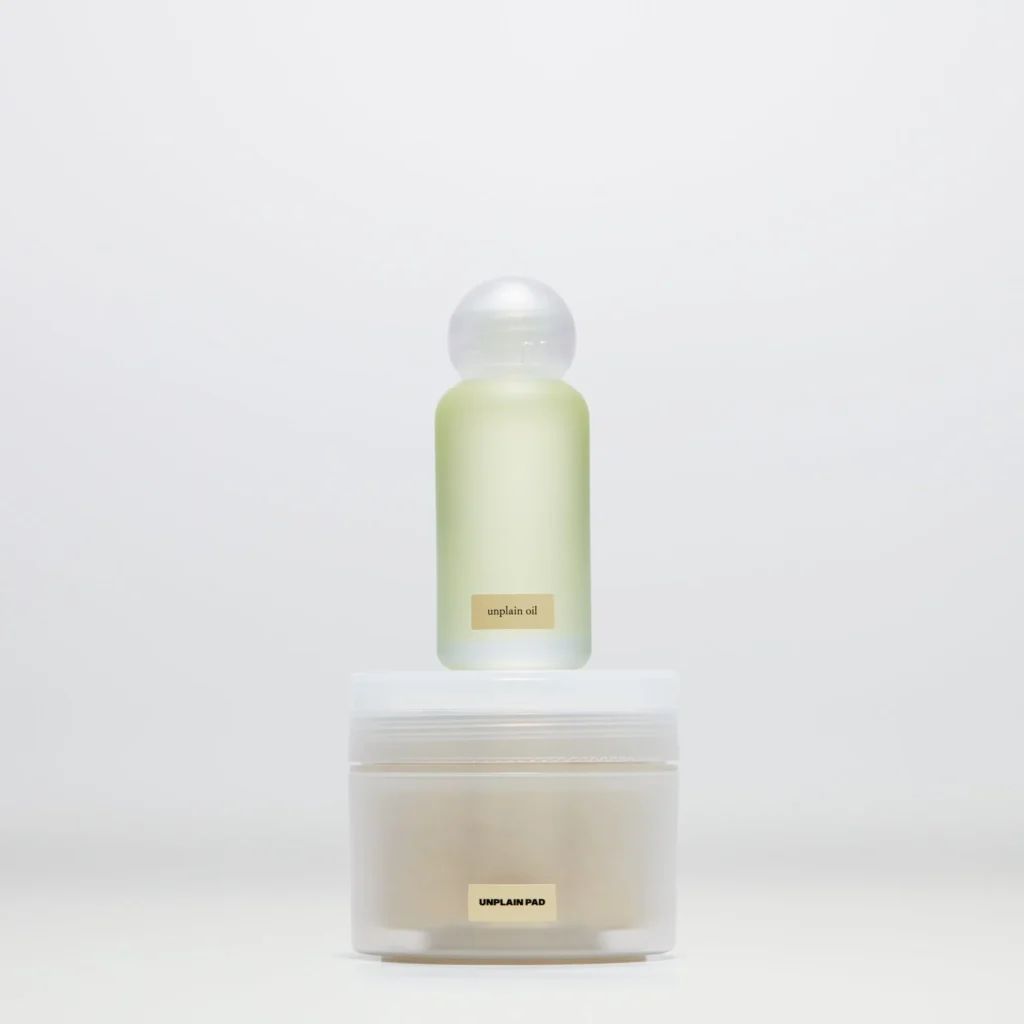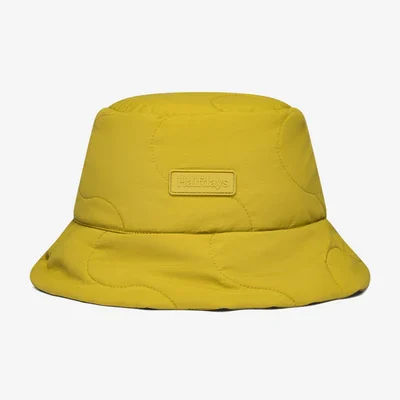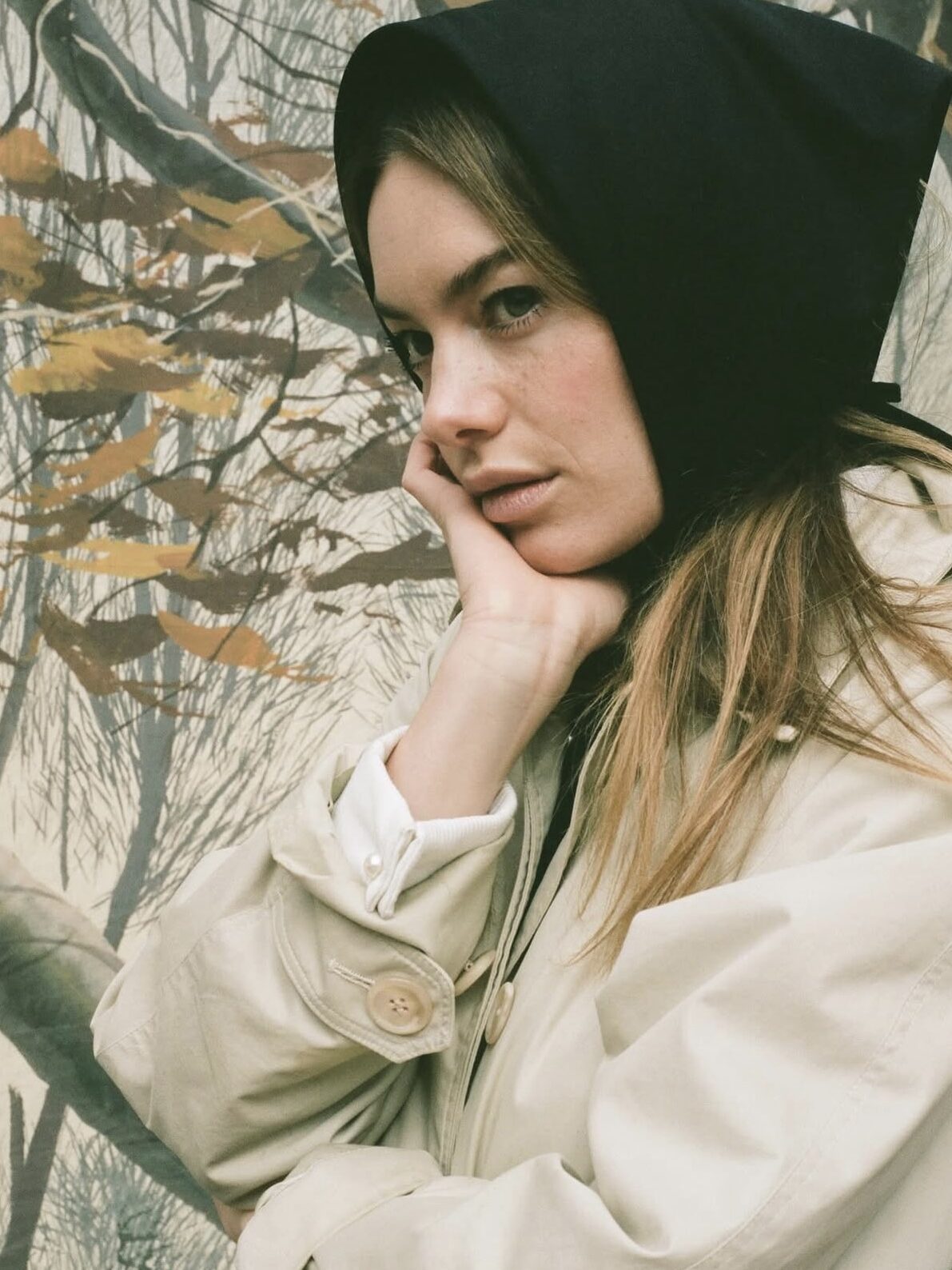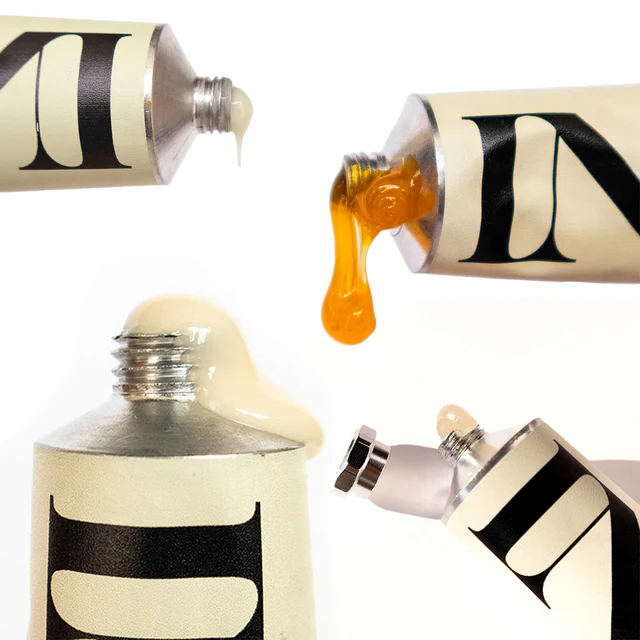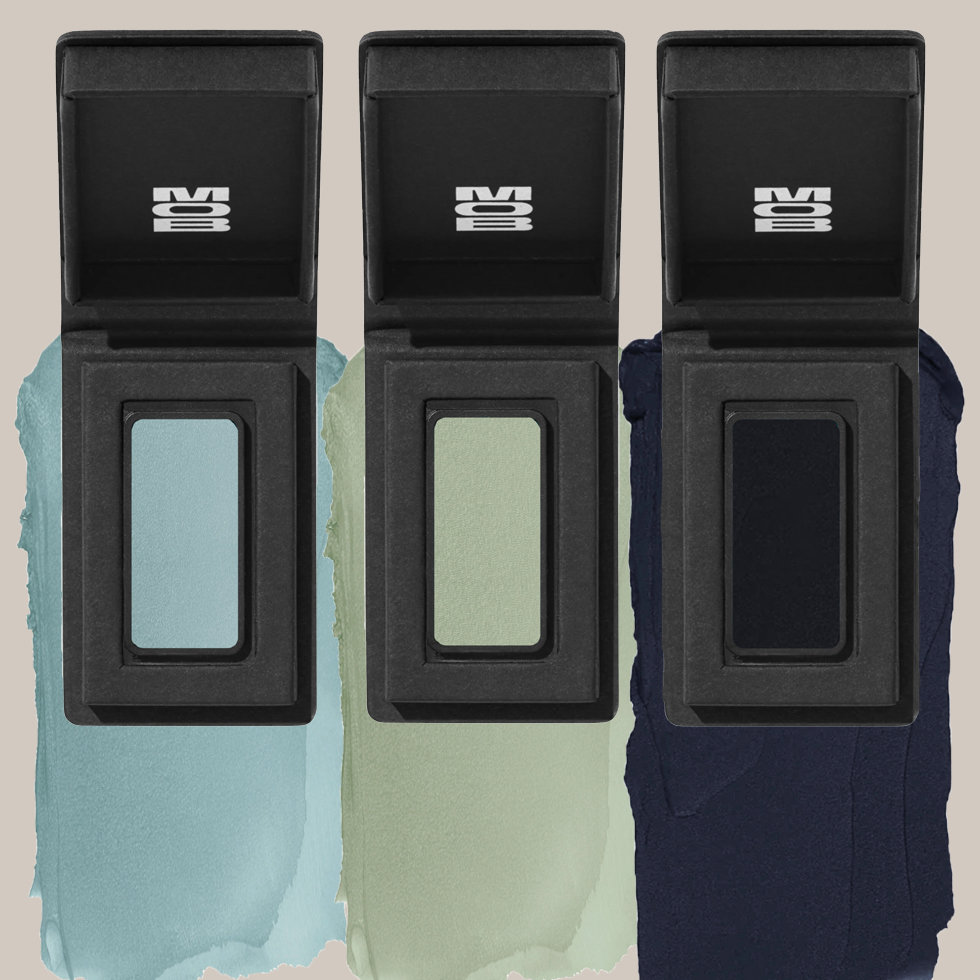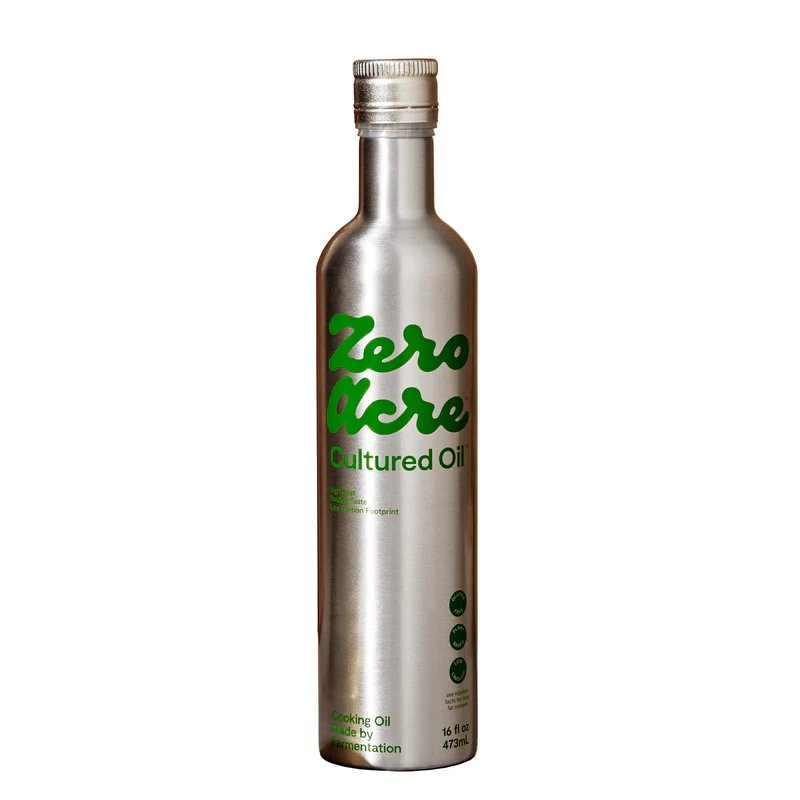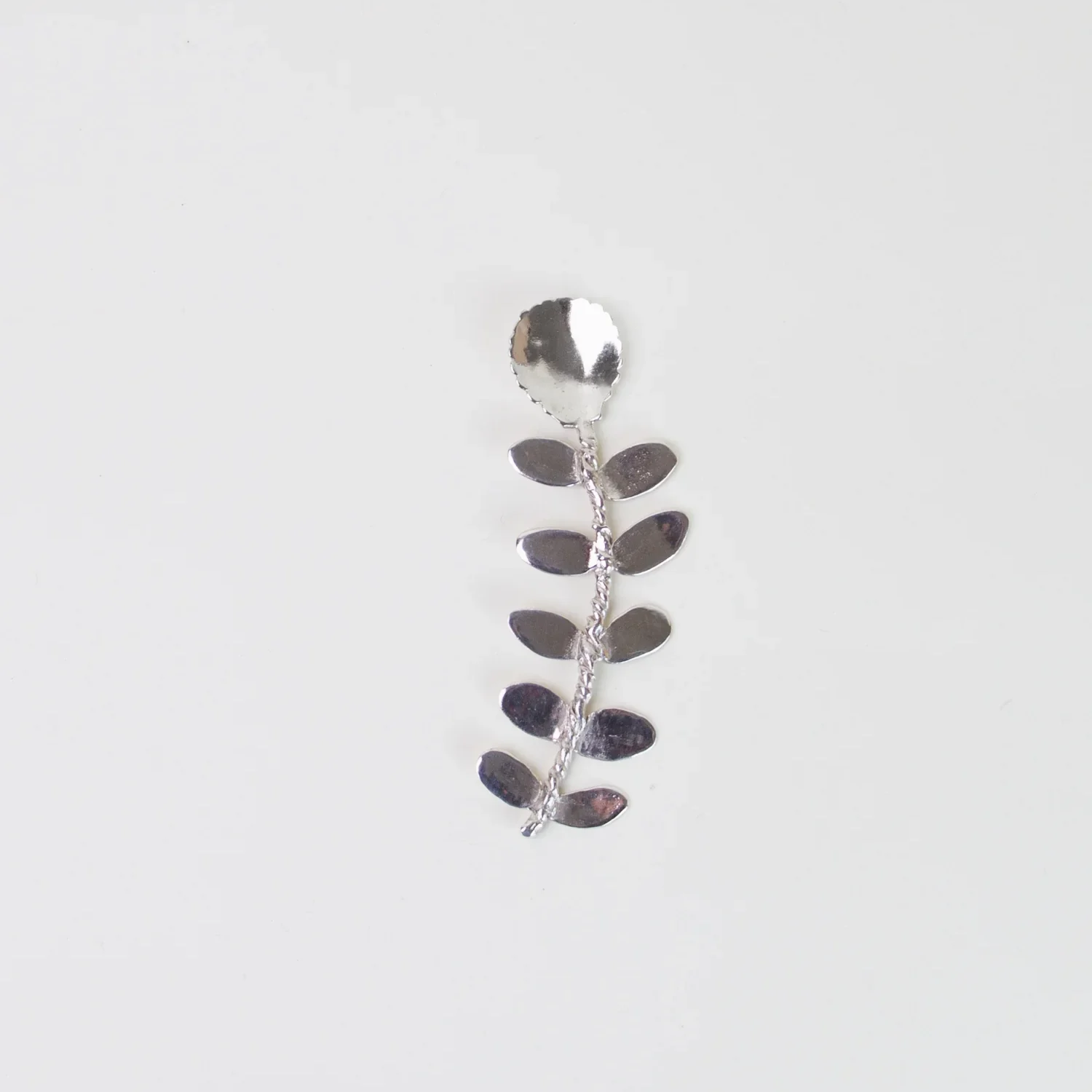the unwash review
Swedish luxury fashion brand Hodakova has been a trailblazer for innovative, sustainable fashion. You’ve probably seen their bags made out of old designer belts or their now infamous spoon top on Cate Blanchett. The brand brings new life to unused items through its upcycling process. Hodakova’s unique take on the upcycling process brought the brand to the forefront of sustainable fashion, most recently with the brand taking home the 2024 LVMH Prize. Hodakova has played a formidable role in reshaping the fashion industry to move towards more sustainable practices. The way the brand approaches sustainability emphasizes the beauty of imperfections and the uniqueness found in each Hodakova garment. This sentiment is at the root of what the brand stands for.
Founded by Ellen Hodakova Larsson, upcycling and repurposing materials is nothing new. Larsson was introduced to the value of repurposing from an early age. Her mother, a seamstress, would take Larsson and her brother to secondhand stores to collect items for creative projects. This upbringing instilled in her a mindset of transforming discarded materials into valuable creations. These values followed her to the Swedish School of Textiles where these skills were sharpened and her passion for sustainable design thrived. Through the process of creating her namesake brand the mission was clear: to produce fashion from exclusively upcycled materials.
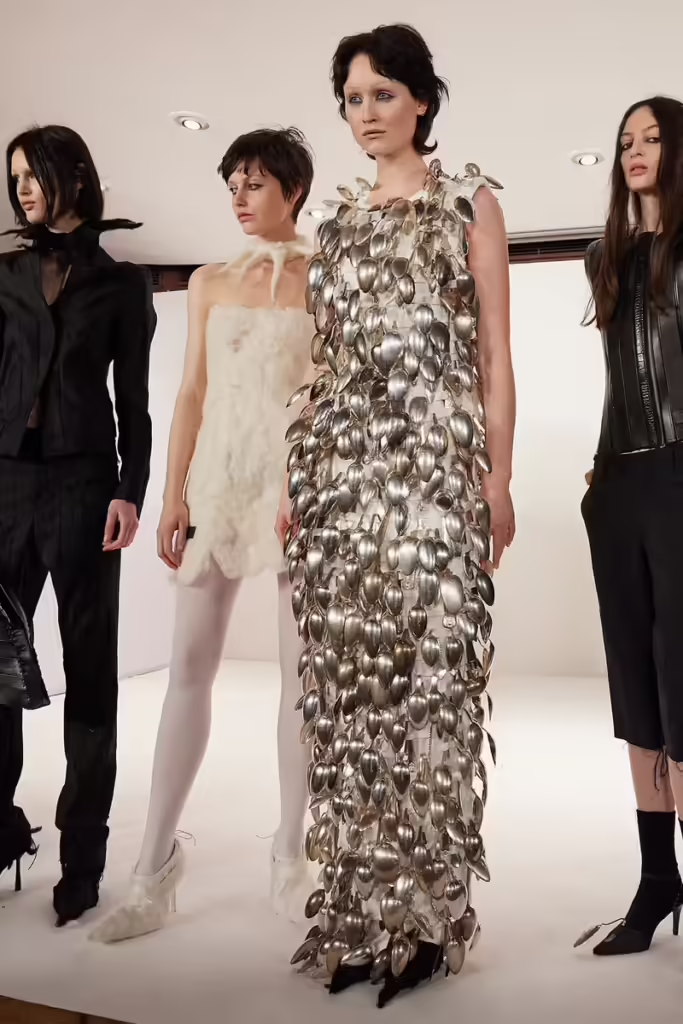
“We have to be aware of our presence on earth, designers should have to go through a questionnaire like, ‘Why should this be made?” – Ellen Hodakova Larsson, Hodakova Founder
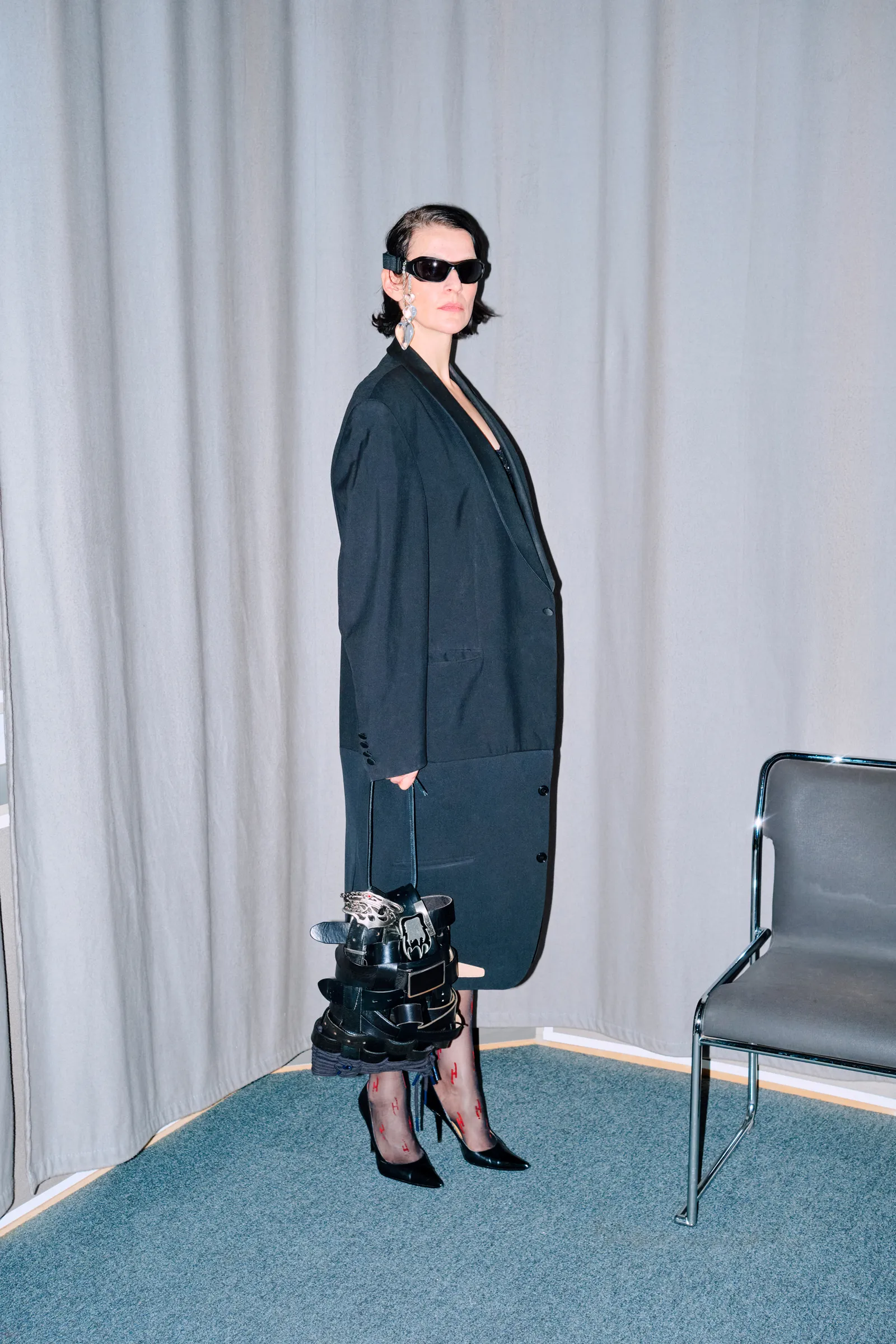
Hodakova’s sustainable design is rooted in sourcing fabrics and materials from secondhand stores, deadstock, and surplus materials. All pieces used by the brand are unique and environmentally responsible. The brand also repurposes unconventional items that you typically don’t see used in fashion. Hodakova’s designs are inventive in their use of materials and committed to bold aesthetics. Some of the brand’s creations include tops made from metal spoons, skirts and bags created from belt buckles, and dresses crafted from zippers. These designs challenge the notion of conventional fashion and blend functionality with artistic expression. In 2024 the brand was celebrated with their win of the LVMH prize which celebrates emerging designers who demonstrate creativity, craftsmanship, and a positive impact on the fashion industry. Hodakova’s win signals the shifting values in fashion towards sustainability and innovation, challenging the industry’s traditional focus on mass production.
Hodakova stands at the forefront of the sustainable fashion revolution. Through the brand’s innovative design, unique approach to upcycling, and commitment to thoughtful technology integration, Hodakova is setting new standards for environmental responsibility in fashion. Founder Ellen Hodakova Larsson draws from her own experience with textile repurposing to exemplify the transformative power of creativity and sustainability in shaping the future of fashion.
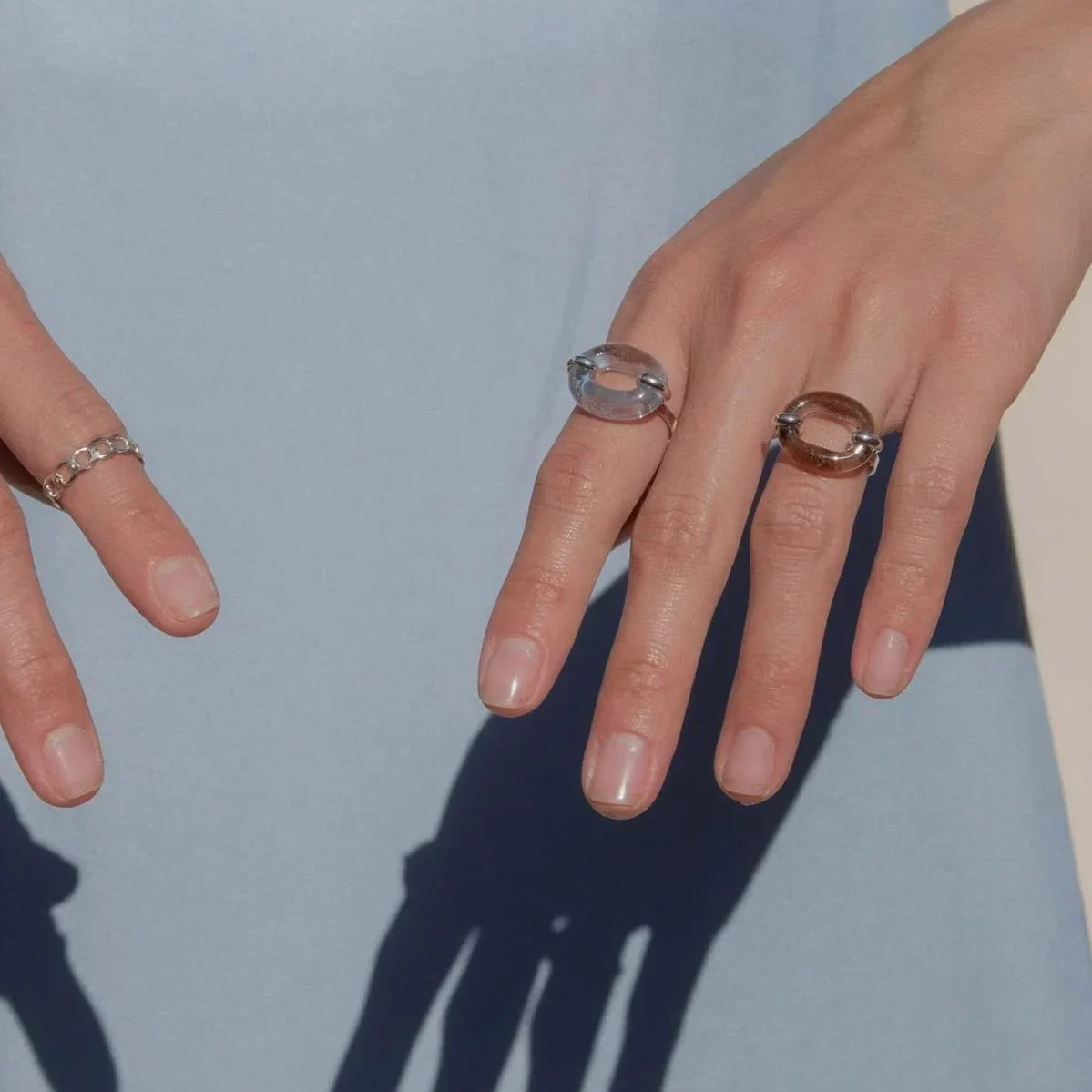
01
CLED
CLED is an eco-conscious jewelry company based in Los Angeles that brings new life to recycled items. The brand stands out for its commitment to sustainability, inclusivity, and innovative design. CLED transforms discarded glass bottles into unique, handcrafted jewelry pieces. Their design and production practices emphasize environmental responsibility and ethical practices. CLED highlights the endless possibilities of upcycled jewelry and the larger possibilities of sustainable practices in the fashion industry.
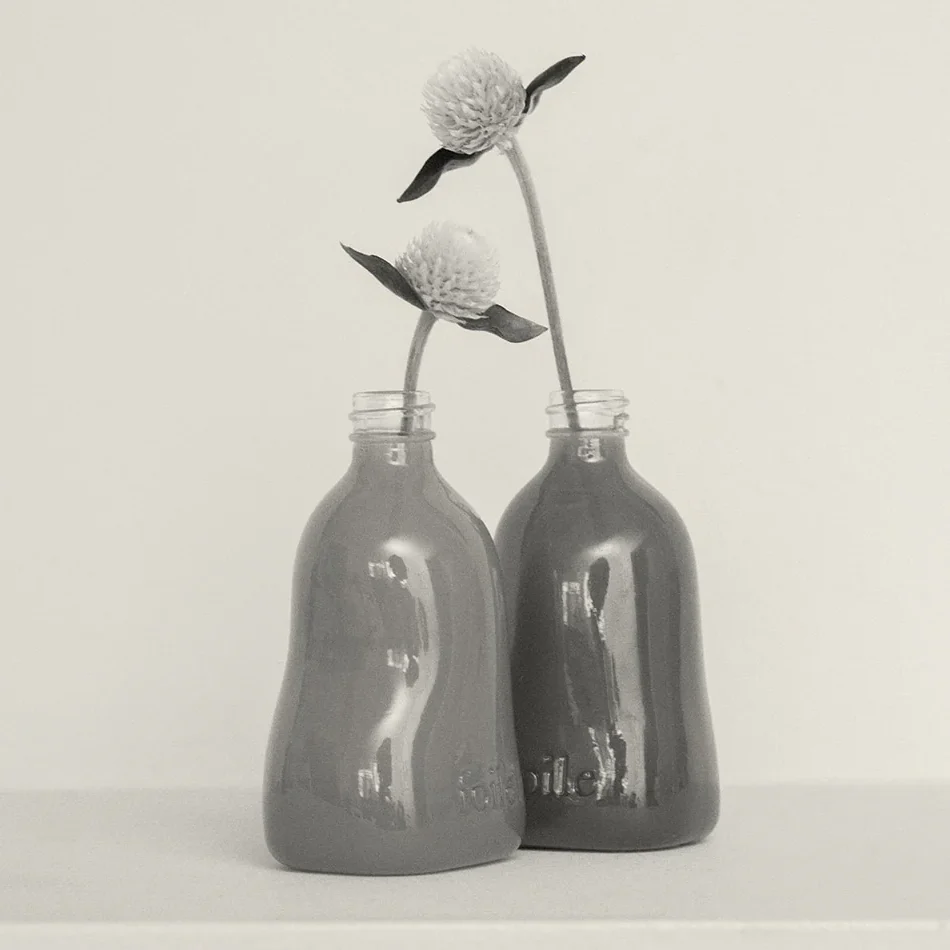
02
Foile
The brand has gained popularity for its commitment to sustainability, the use of naturally derived ingredients, and inclusivity for all skin types. Their ethos is centered on providing effective, uncomplicated skincare while minimizing environmental impact and promoting ethical practices in the skincare industry. Foile has become known for its stand-out unique packaging that is endlessly refillable.
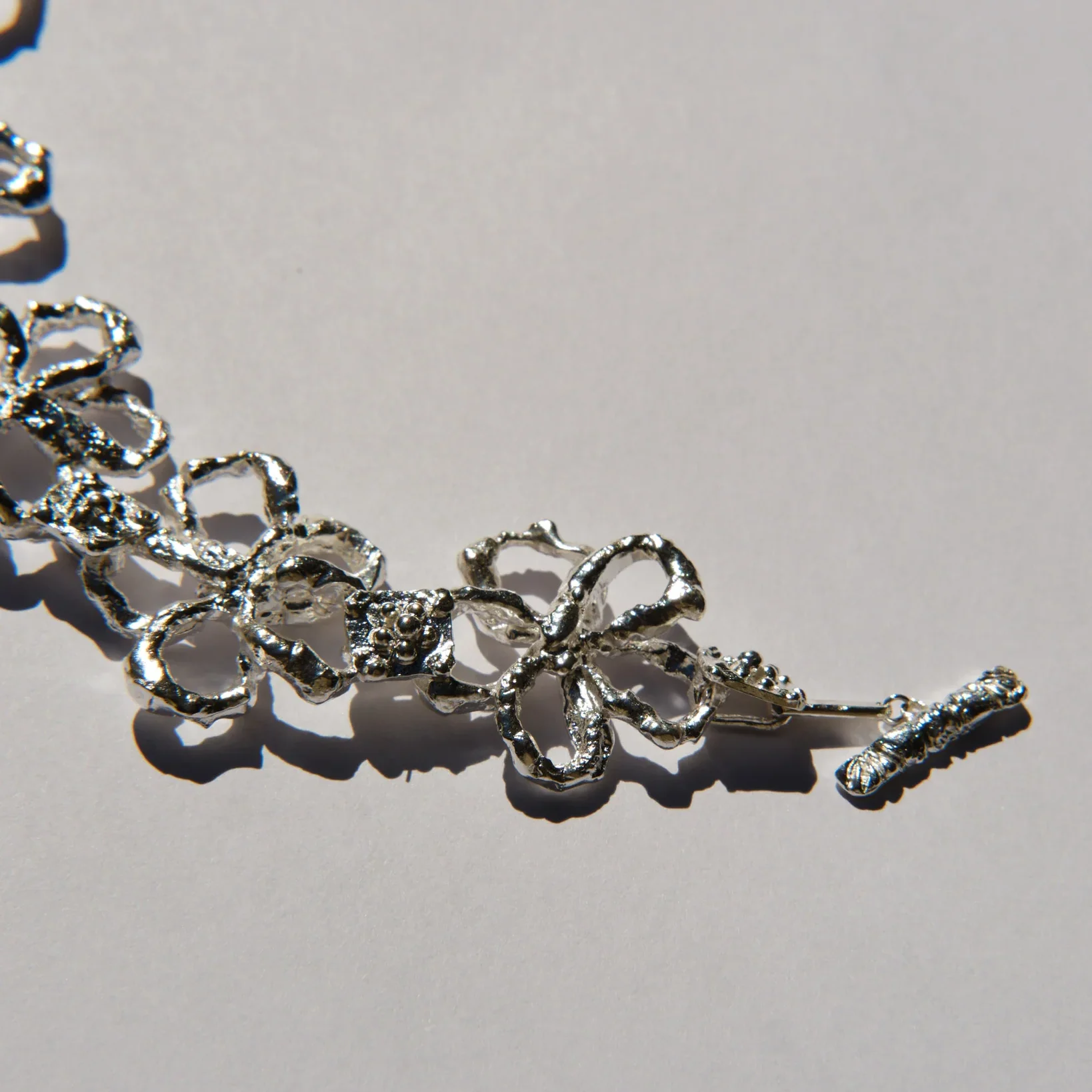
03
Wette Mille
Wette Mille is making some of the most unique, sustainable jewelry around. Their designs are inspired by nature, with every piece being different. The brand produces small batches and on-of-a-kind pieces of rings, necklaces, and earrings. Wette Mille is a brand that embraces self-expression and communication through design, perfect for a fashion or art aficionado.
